












As the Director of the Institute of Advanced Study (IAS) at the University of Warwick, I am excited to reflect on the significant achievements and strategic developments we have made in recent years. The IAS continues to lead in promoting innovative, interdisciplinary research while providing valuable support to early-career researchers through our various fellowship programs.
During my time, the IAS has continued to manage and run the Early Career Fellowship Program, which provides vital opportunities for emerging scholars to advance their academic careers. We proudly offer the EUTOPIA-SIF Fellowship, an initiative aimed at fostering international collaborations and knowledge exchange among our European partners.
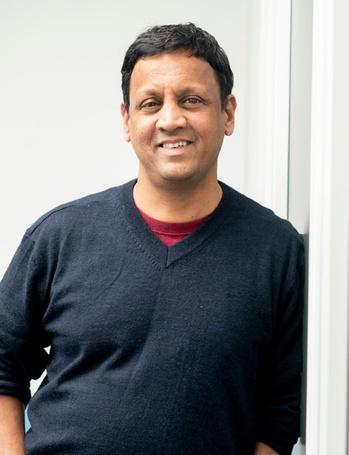
Mohan Balasubramanian IAS Director
In 2023 we launched the Pathways to Knowledge program, aimed at enhancing the accessibility and dissemination of research findings beyond the academic community. These initiatives showcase our commitment to nurturing talent and promoting academic growth across disciplines. Interdisciplinary research is a cornerstone of the IAS's mission. By encouraging collaboration among scholars from diverse fields, we aim to tackle complex global challenges and drive innovative thinking. Our efforts in this regard are overseen by an International Advisory Council, composed of distinguished experts who provide guidance and insight to ensure that our programs remain at the cutting edge of academic research.


In our pursuit of excellence, we have had the honor of hosting distinguished scholars who have generously shared their knowledge and expertise with our community. Over the past two years, we have welcomed Sir Vince Cable, K. VijayRaghavan, Sir Mark Walport, and Saad Bhamla. Their insights have not only enriched our academic environment but also inspired our researchers to think critically about their own work and its implications.
To further showcase the exceptional academics at Warwick, we proudly run our flagship InReach10X Seminar Series. This series enables researchers to present their creative work to a broader audience, fostering an atmosphere of intellectual exchange and collaboration. The impressive range of topics and innovative approaches highlighted in these seminars underscores the vibrant academic landscape at the University of Warwick.
Additionally, the IAS has played a pivotal role in facilitating international links between Warwick and esteemed institutions across the globe, including those in India, the USA, Japan, Singapore, and various countries in Europe. These connections are critical as they promote collaborative research opportunities and cultural exchange, ultimately strengthening our global academic community.
“fostering an atmosphere of intellectual exchange and collaboration.. ”
As we look to the future, the IAS is committed to continuing its efforts in promoting interdisciplinary collaboration, supporting early-career researchers, and fostering an innovative research culture at the University of Warwick. We are excited about the possibilities that lie ahead and remain dedicated to advancing knowledge and addressing the pressing challenges of our time.
Since
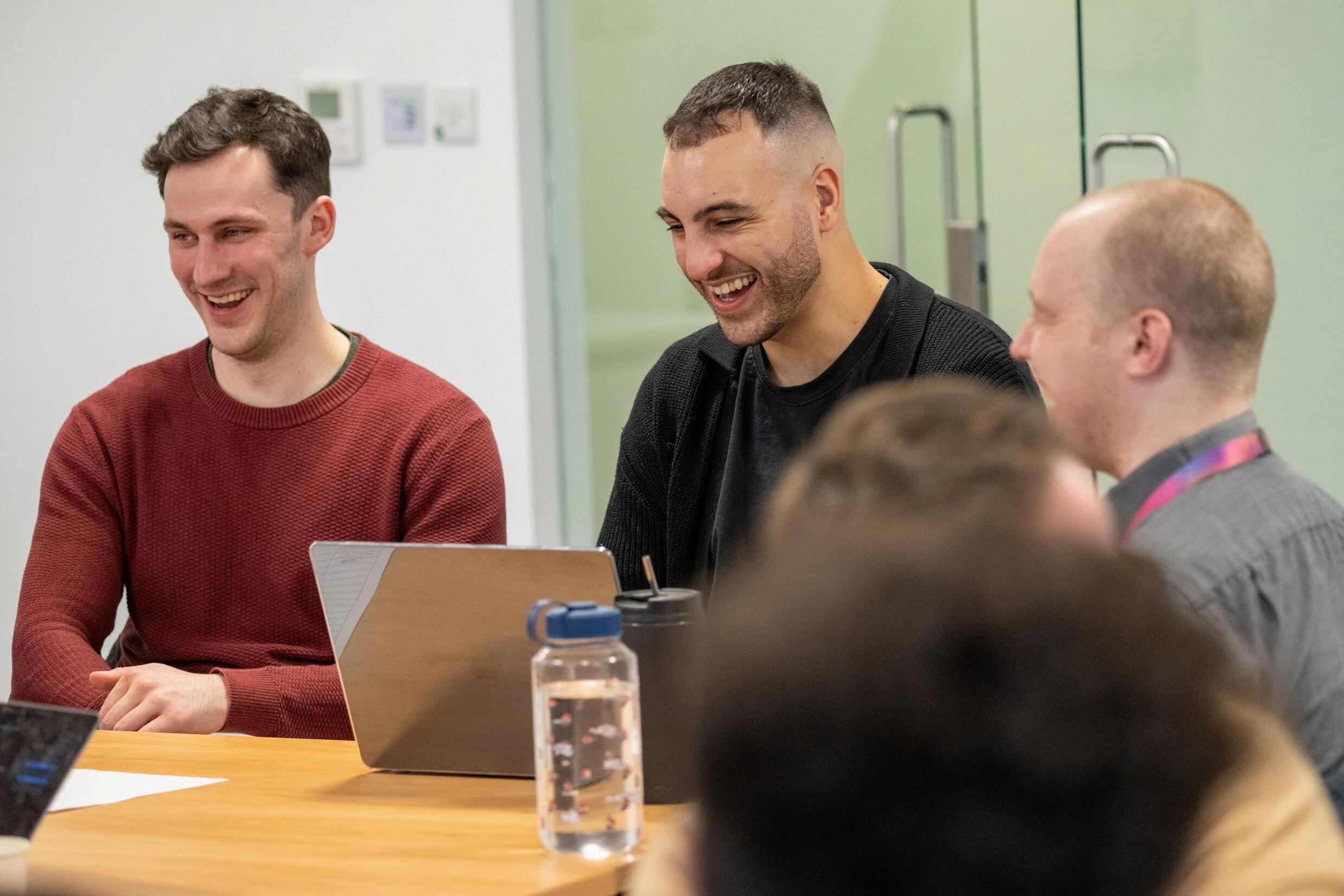

From 2022-25, the IAS supported over 215 postdoctoral fellows across our seven fellowship programmes.
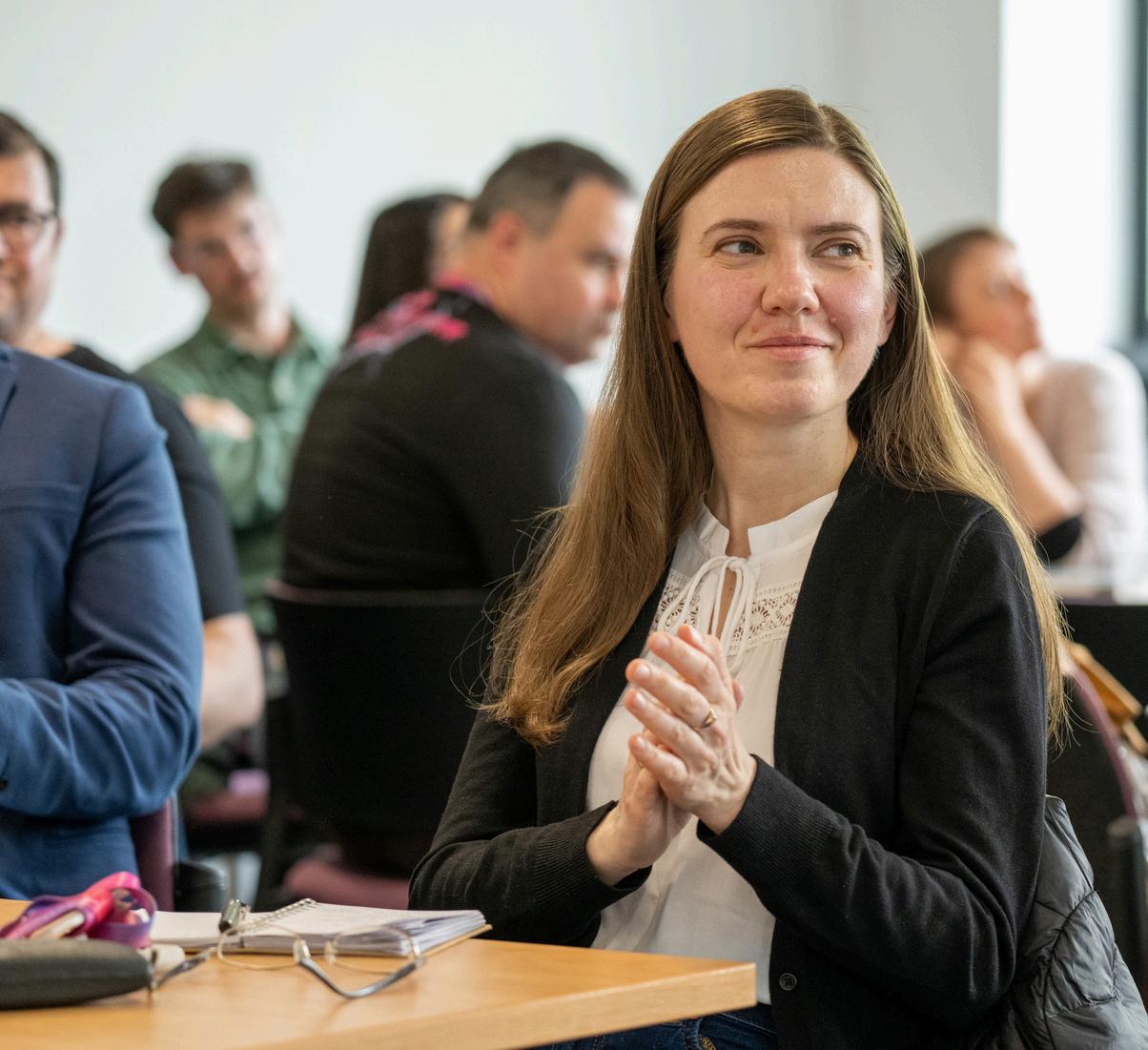
Early Career Fellowshipprovides completing Warwick doctoral candidates with three terms of funding to consolidate their work and launch an independent academic career.
Early Career Teaching Fellowshipprovides completing Warwick doctoral candidates with three terms of funding to engage with both IAS and the Institute of Advanced Teaching & Learning on interdisciplinary pedagogies.
EUTOPIA-SIF (Science and Innovation Fellowship) offers outstanding early career researchers an opportunity to develop their independent research profile and undertake training to help establish an academic career.
EUTOPIA YLA (Young Leaders Academy) supports the career development of highpotential, early to mid-career researchers from all EUTOPIA partner universities and to promote interdisciplinary scholarly exchange between promising researchers and the rest of the EUTOPIA research community.

P2K Fellowships (Pathways to Knowledge) bring the best minds to the Institute of Advanced Study to advance human knowledge & challenge the foundations of disciplinary knowledge.
Associate Fellowship gives postdoctoral researchers at Warwick the opportunity to develop their academic careers by participating in the academic life of the IAS and the Accolade postdoctoral training programme.
Visiting Fellowship creates substantial links with academics and other high-profile figures from around the globe who can help us achieve our mission and will enrich the academic life of the University for both staff and students.
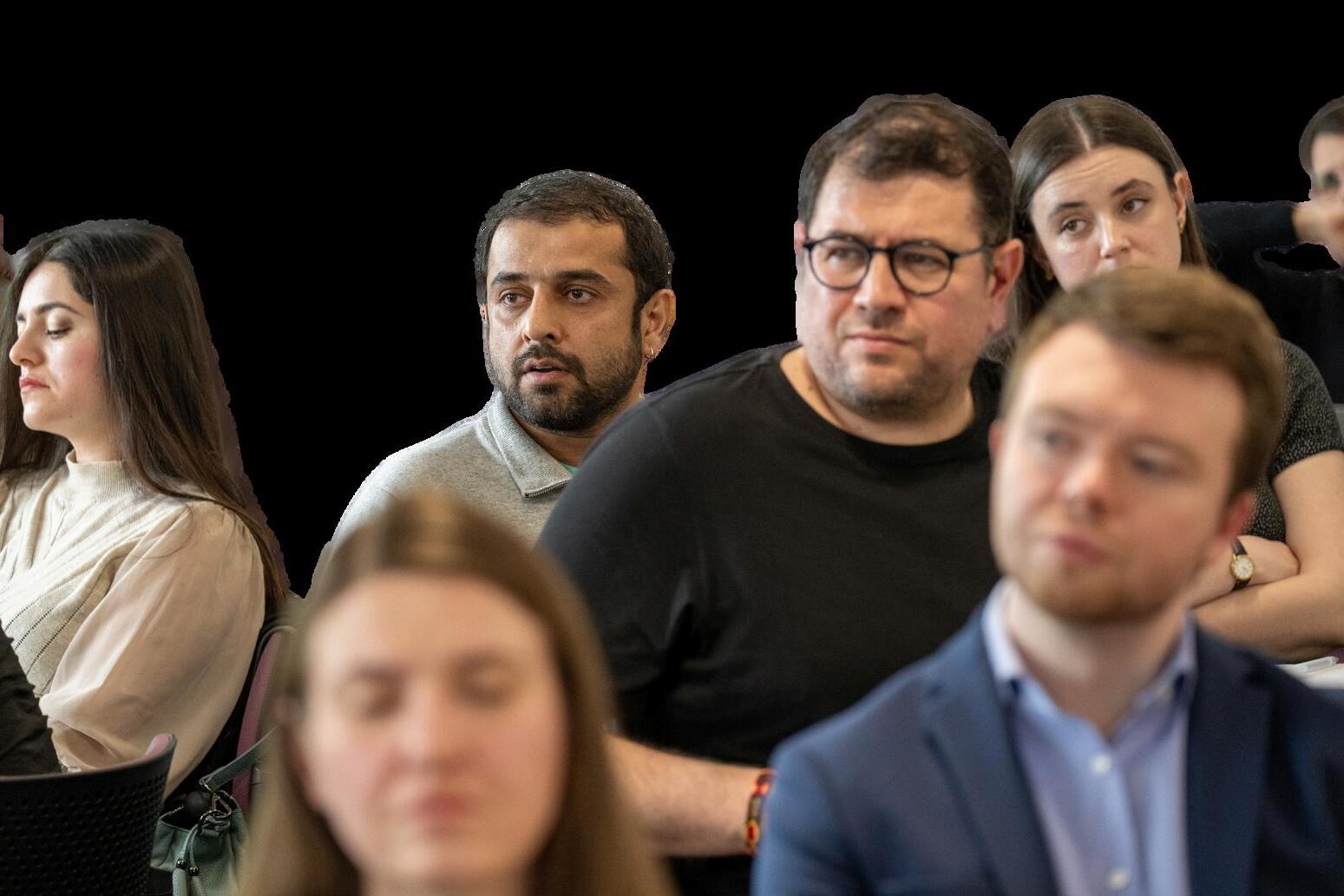

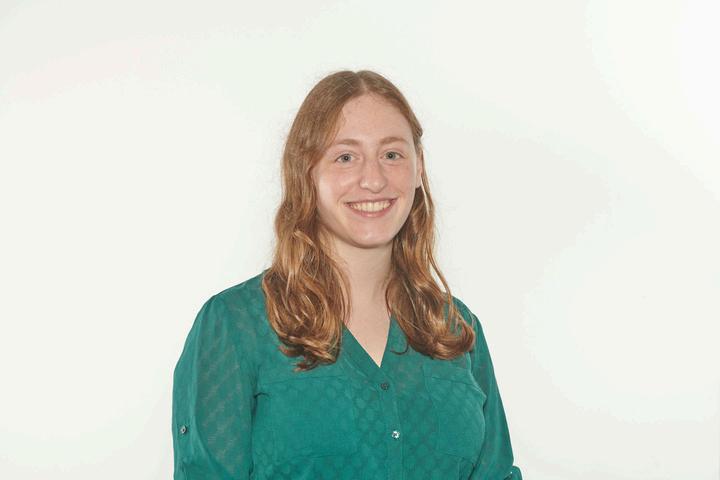
Nora Castle English and Comparative Literary Studies

Michael Hattersley Department of Psychology
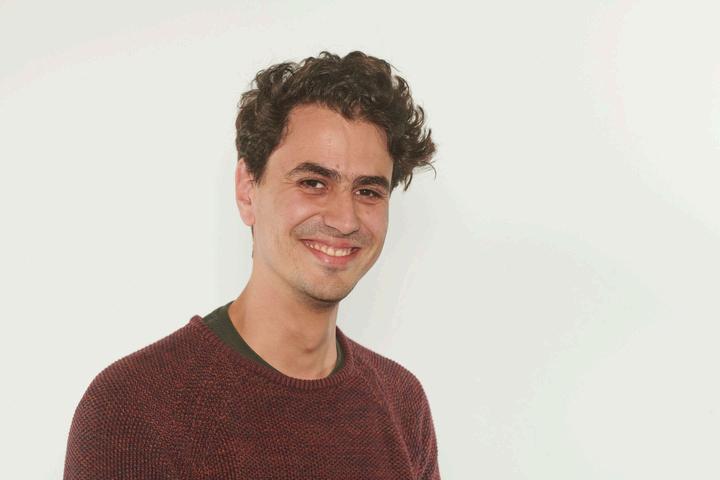
Mohammed El-Shewy Politics and International Studies

Sky Herington School of Modern Languages and Cultures
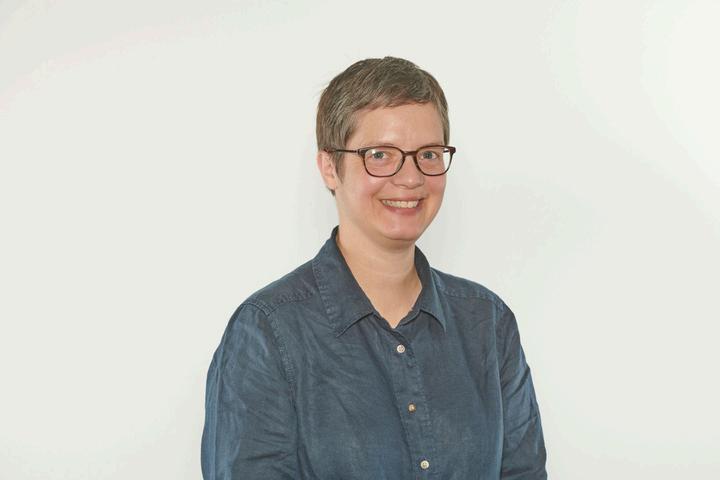
Sophie Greenway Centre for the History of Medicine

Andris Grigorjevs School of Life Sciences


Tom Kelly Department of Psychology
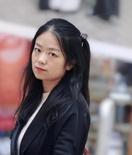
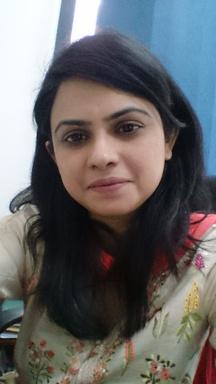
Bing Lu Department for Education Studies
Haleema Masud Warwick Medical School

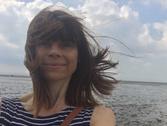
Ute Oswald Centre for the History of Medicine

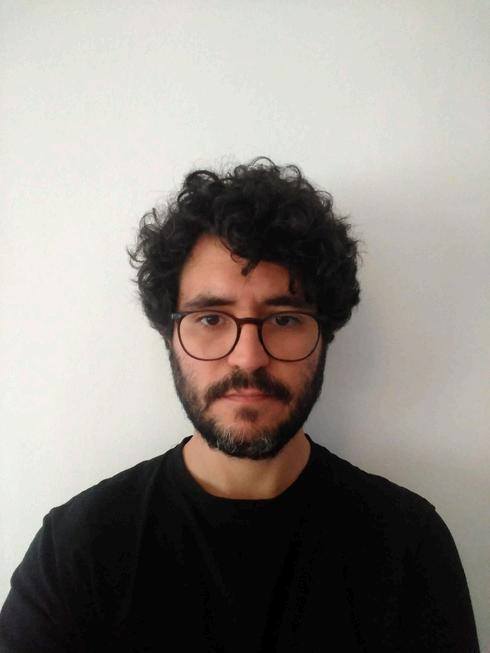
Harry Pitt Scott English and Comparative Literary Studies

Alejandro Veiga-Exposito School of Modern Languages and Cultures

Jose Ricardo AguilarGonzalez
Department of History
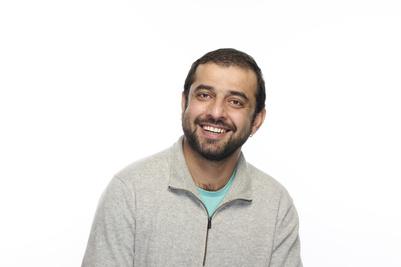
Ghulam Ali Shair
Department of Sociology

Christopher Earley Department of Philosophy
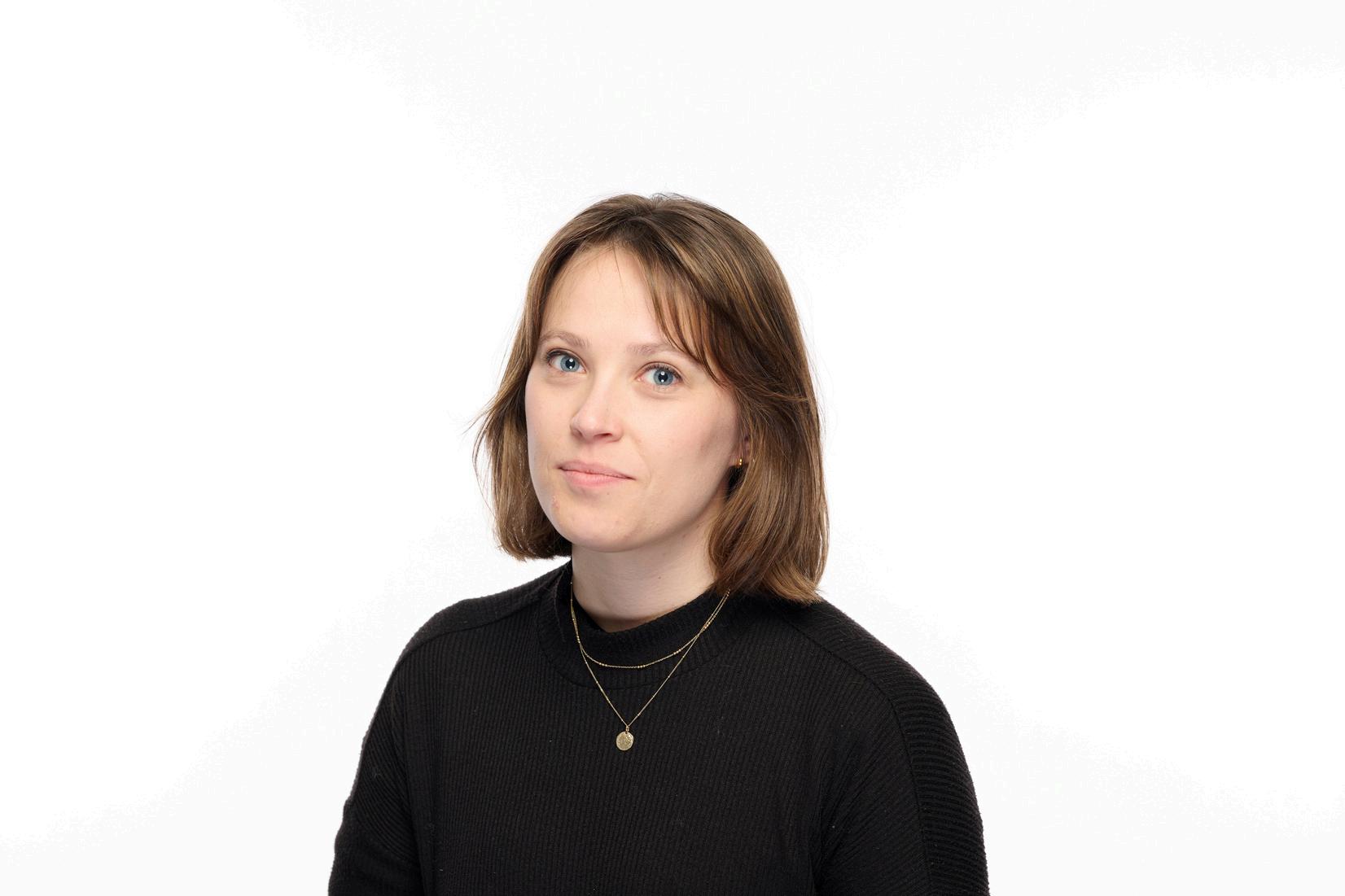
Elizabeth Egan
Department of History
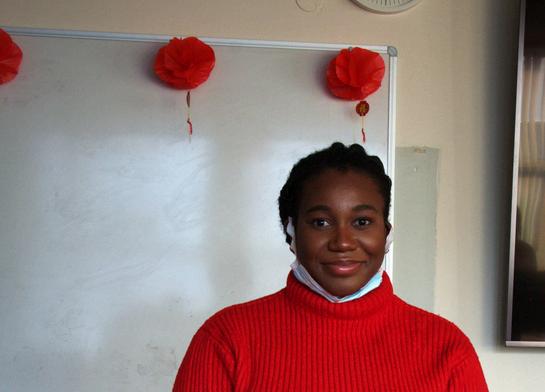
Helen Balogun Folusho
Department of Physics
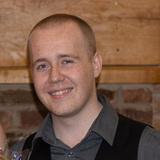
Reece Goodall School of Modern Languages and Cultures
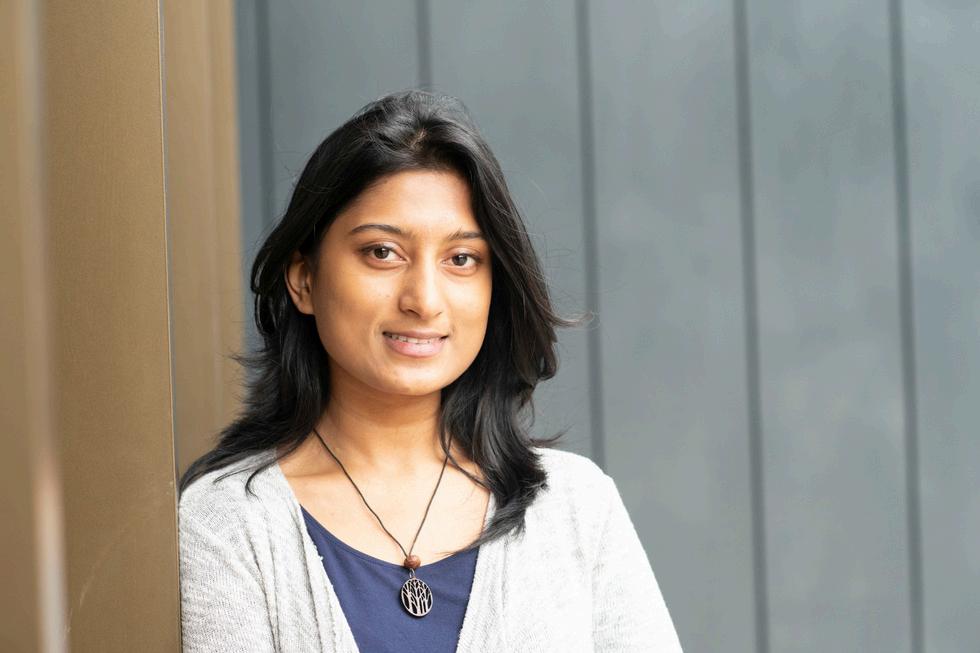
Aparajita Haldar Department of Computer Science

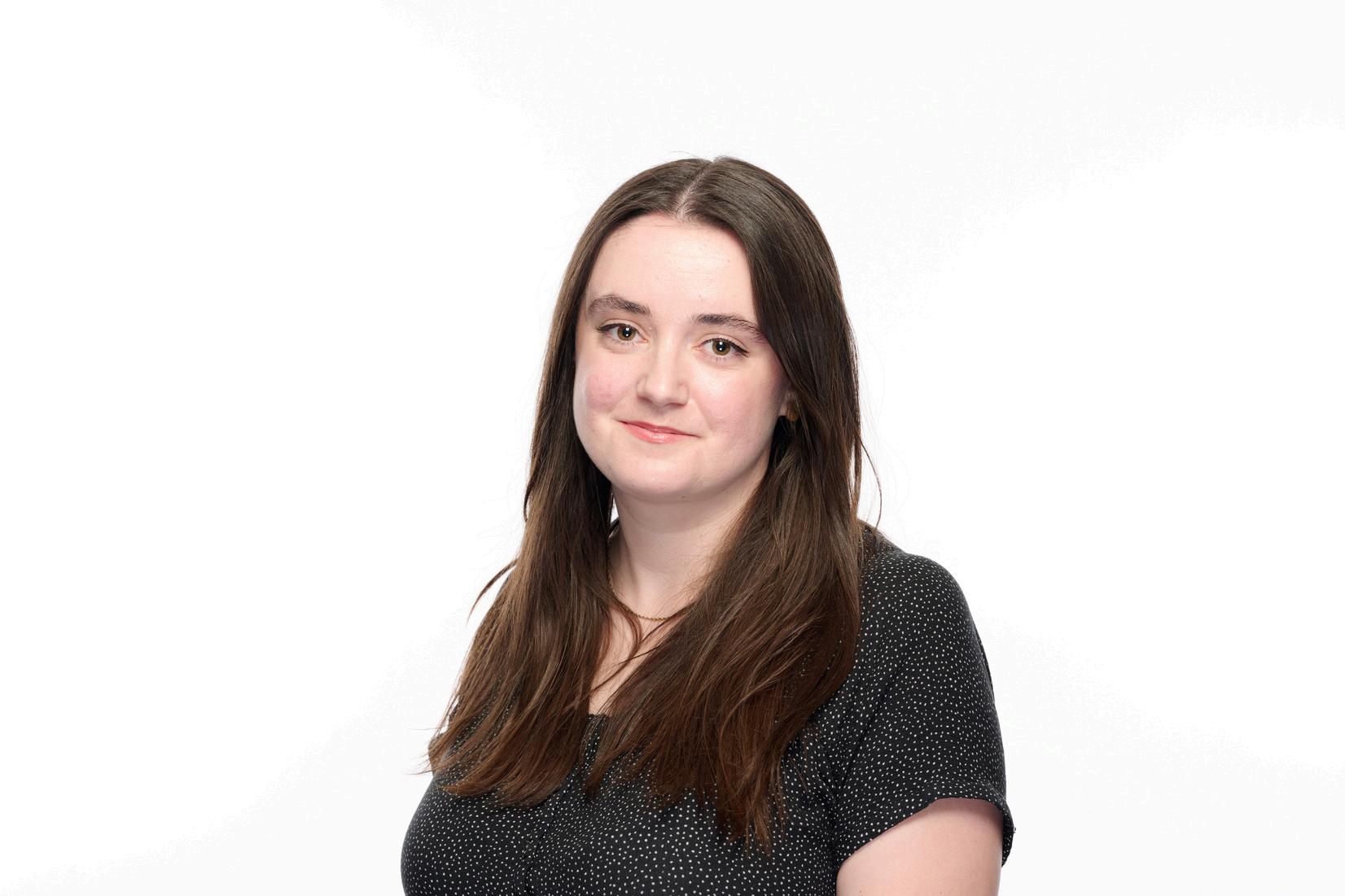
Louise Morgan Centre for the History of Medicine

Charlie Price
Department of Politics and International Studies
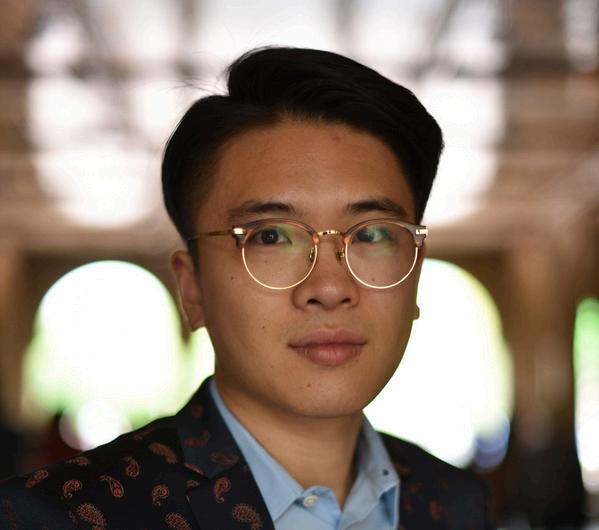
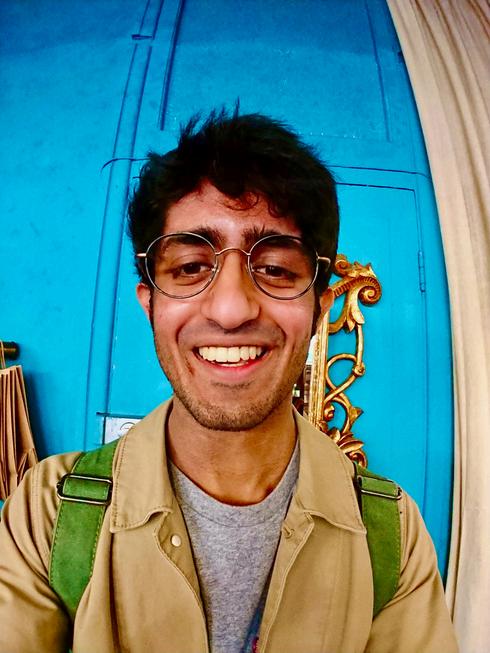
Zhou Kevin Ronghui
Department of Education Studies

y Shuaib Medical School

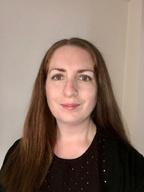
Kathryn Sidaway
Department of Applied Linguistics

Lucrezia Sperindio
Department of Classics and Ancient History
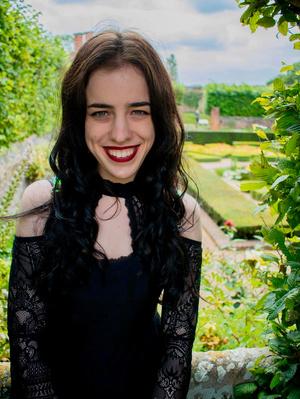
Hannah Straw
Department of History
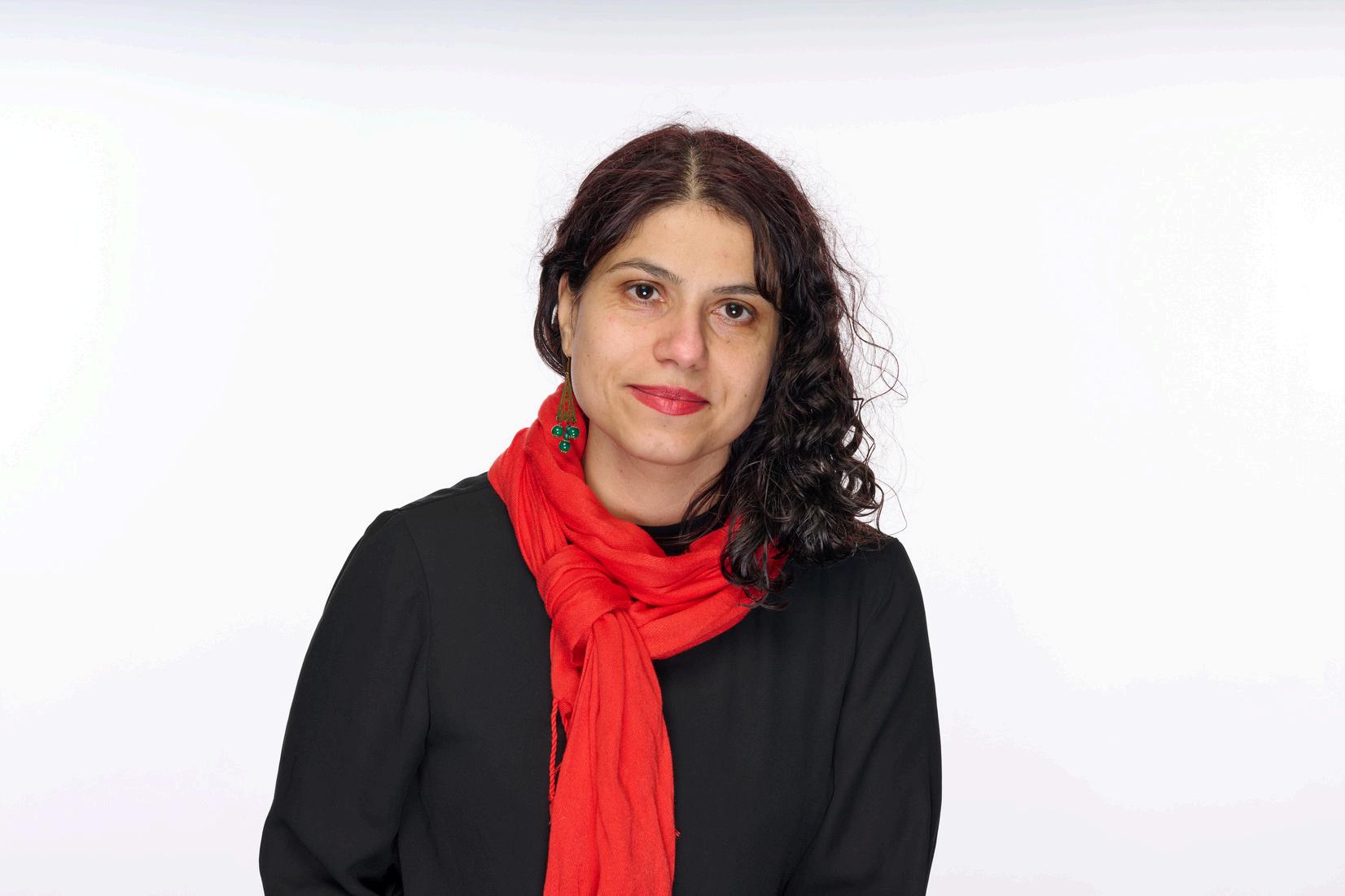
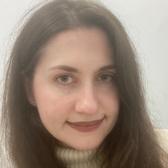
Asma Abdi
Department of Politics and International Studies
Lorena Beqiraj
Centre for Educational Development, Appraisal, and Research (CEDAR)

Esteban Catalan Munoz
Department of Modern Languages and Cultures
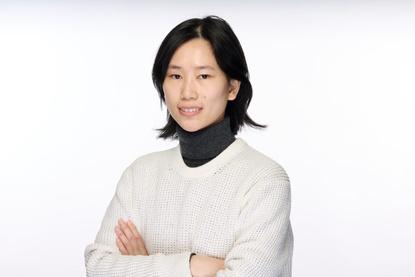
Qiuyang Chen
Department of History
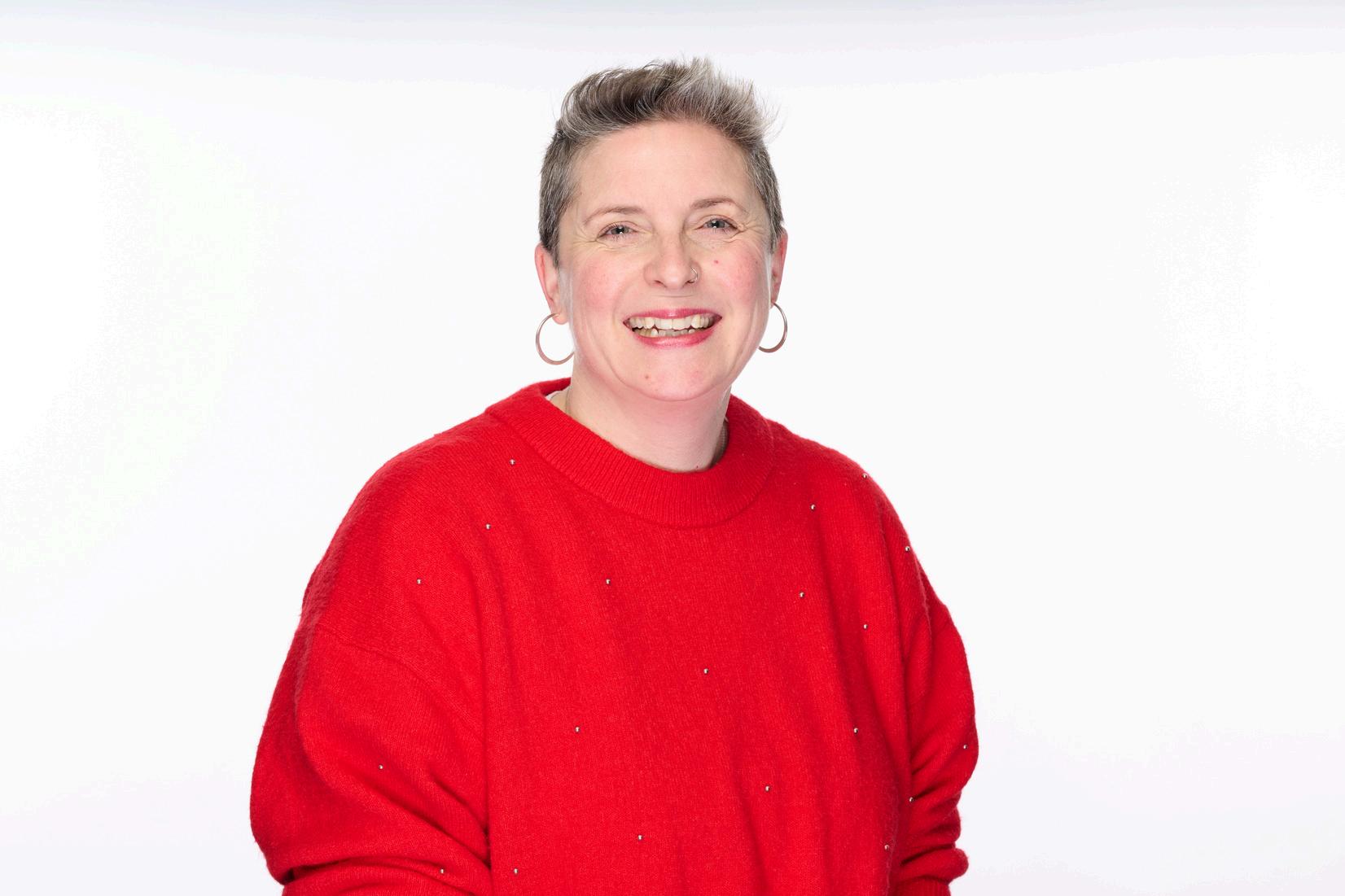
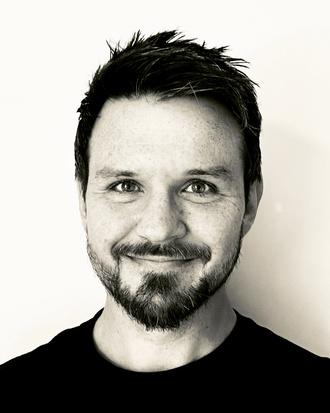
Hannah Dennett
Department of History
Richard Dhillon
Department of Film and Television Studies


Johannes de Kam
Department of Education Stu
Simon Gansinger
Department of Philosophy
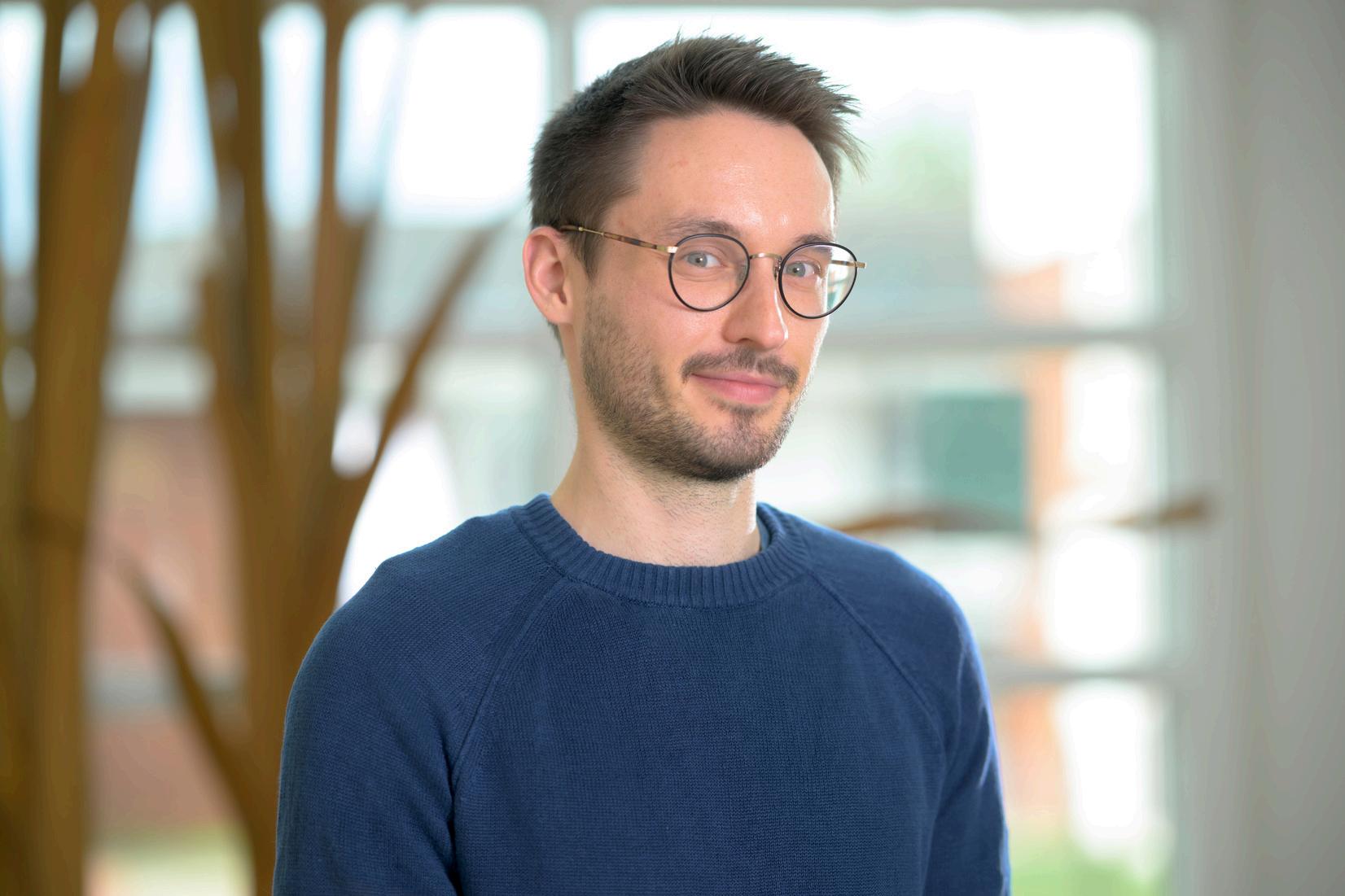
Nicolai Gellwitzki
Department of Politics and International Studies
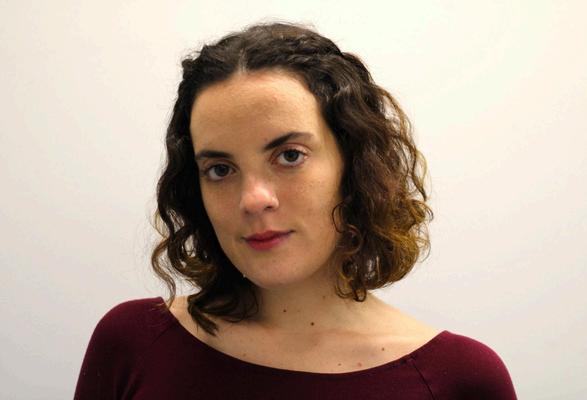
Alice Golisano
Theatre and Performance Studies
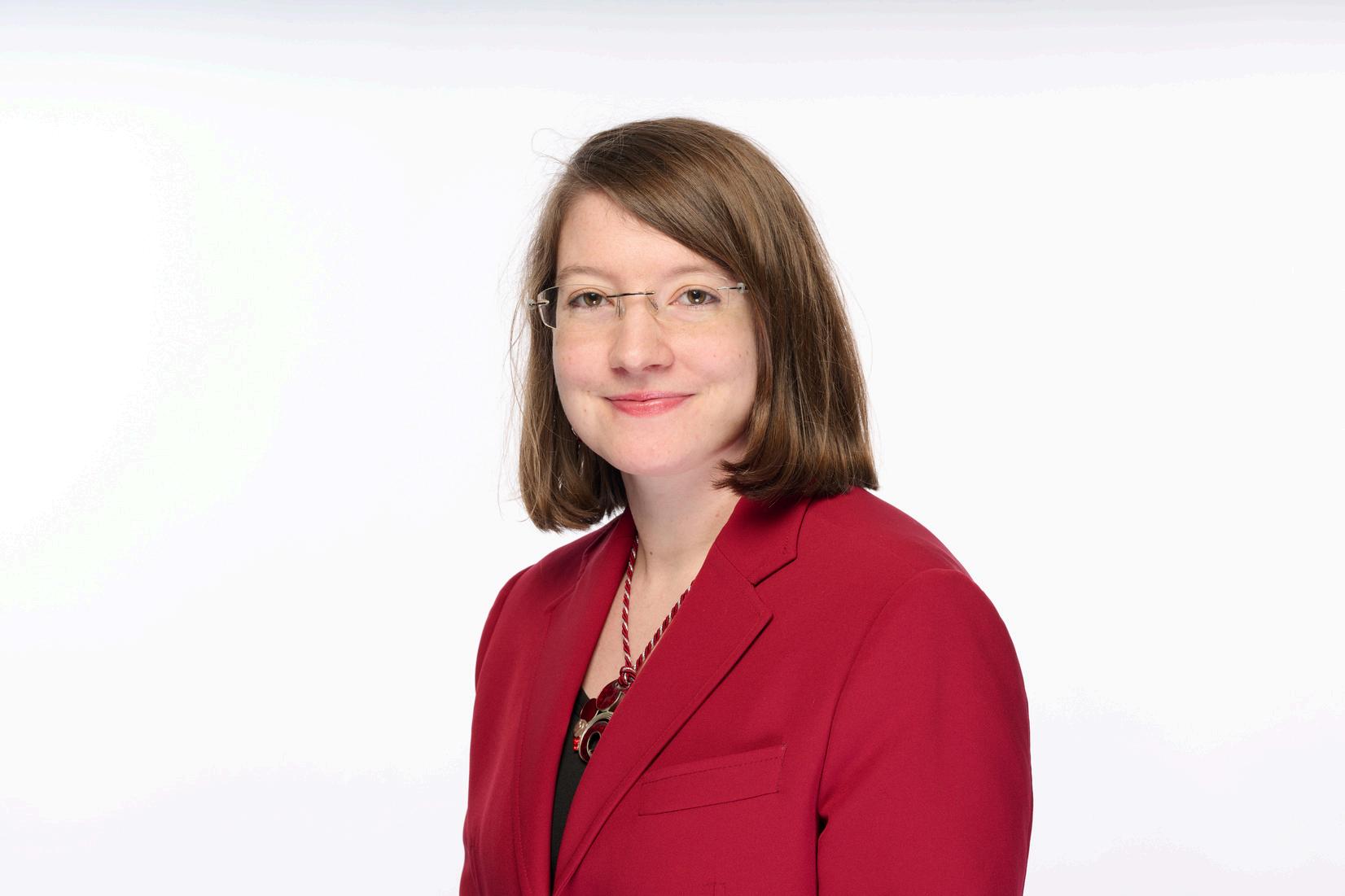
Giulia Lorenzi
Department of Philosophy
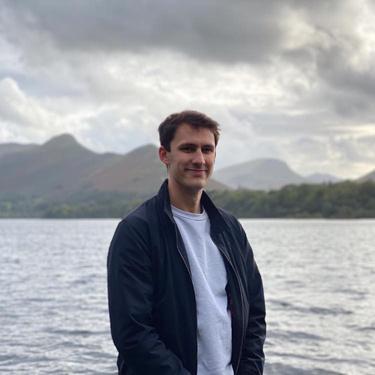
Ronan Love
Department of History

Manuela Marai
Department of Classics and Ancient History

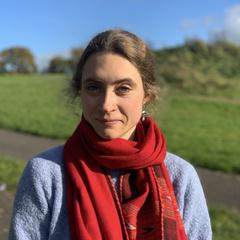
Anna Rivers
Department of English and Comparative Literary Studies
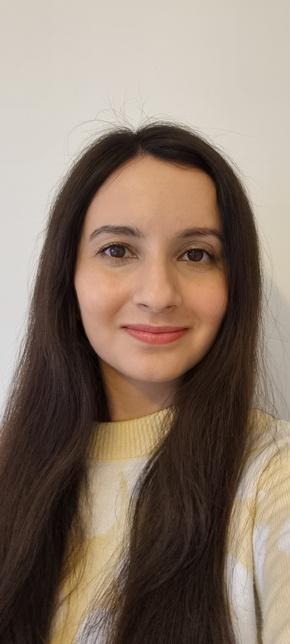
Noorin Rodenhurst Department of Psychology

Vladimir Igor Rosas Salazar Department of Film and Television Studies
Aravinthen Rajkumar
Centre for Doctoral Training in Modelling of Heterogeneous Systems
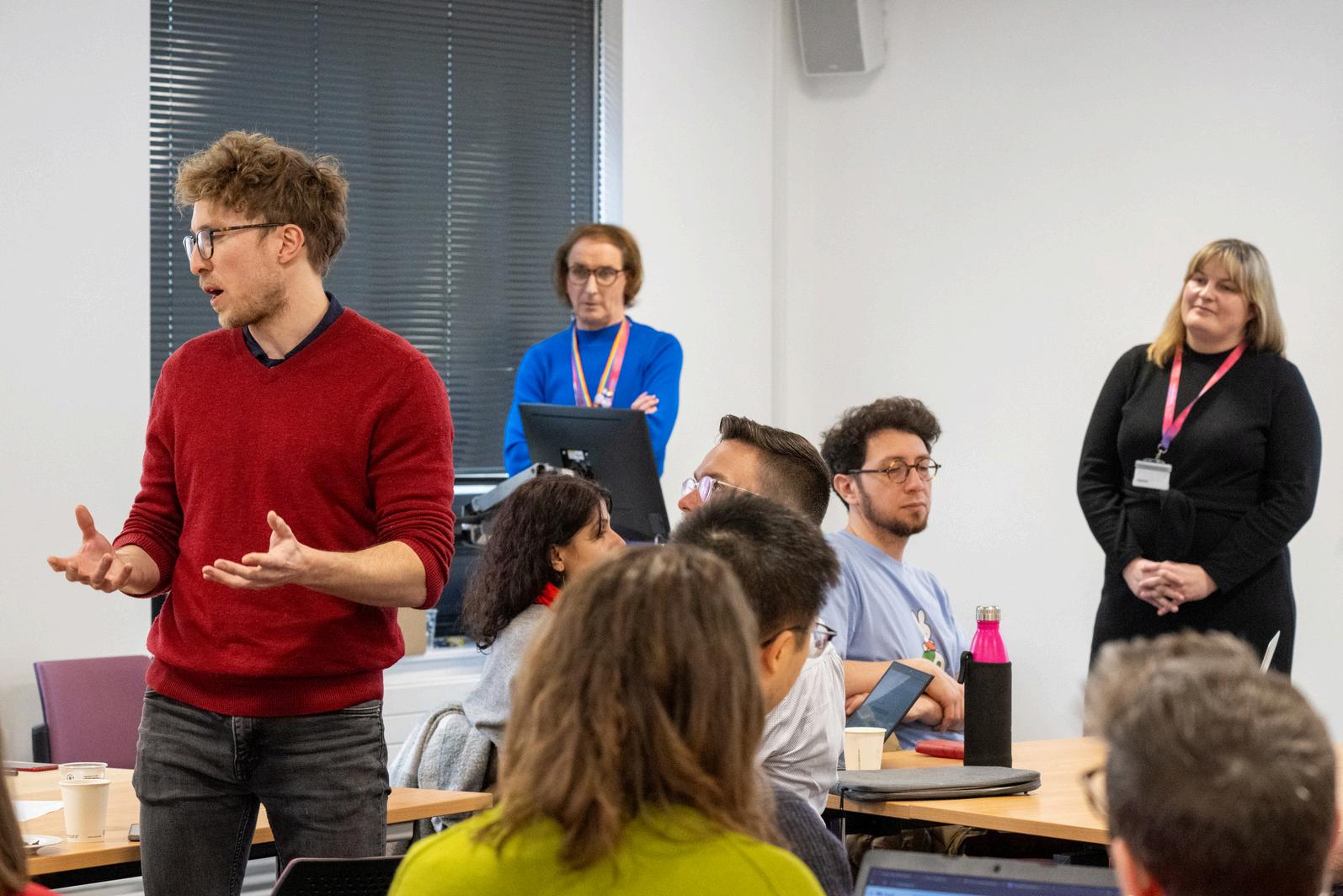
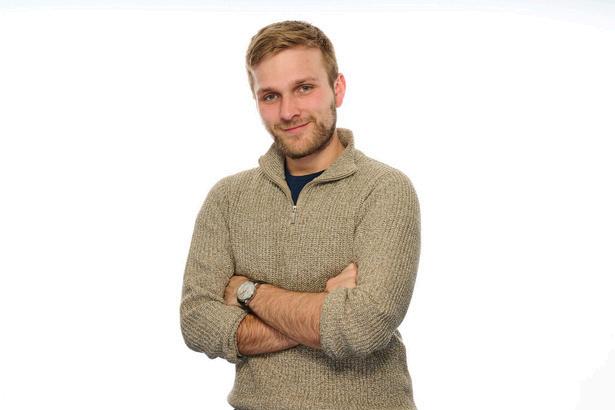
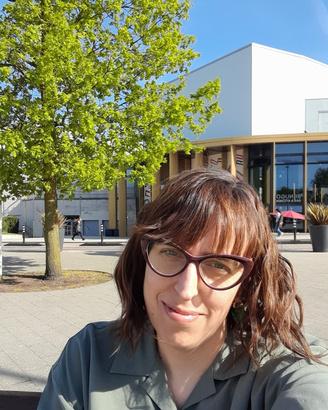
Niels Boender Department of History
Paula Hollstein Barria School of Law
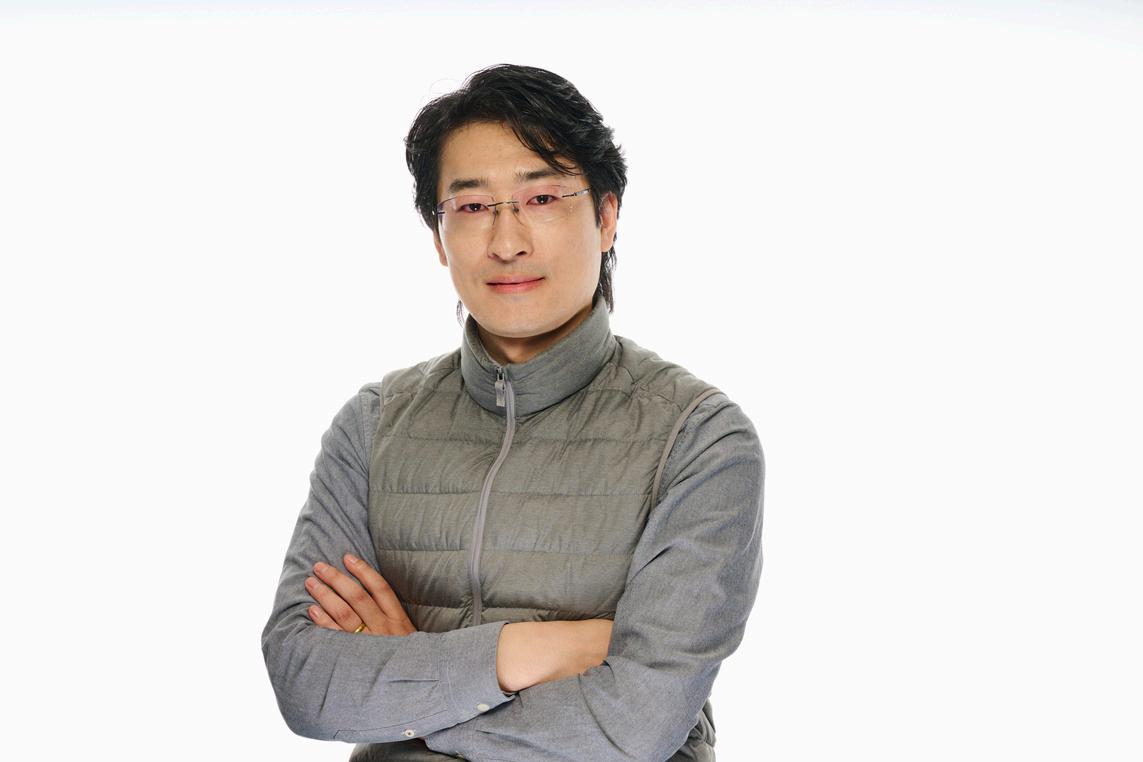
Wenyuan Liu
Centre for Research in Intellectual and Developmental Disabilities (CIDD)
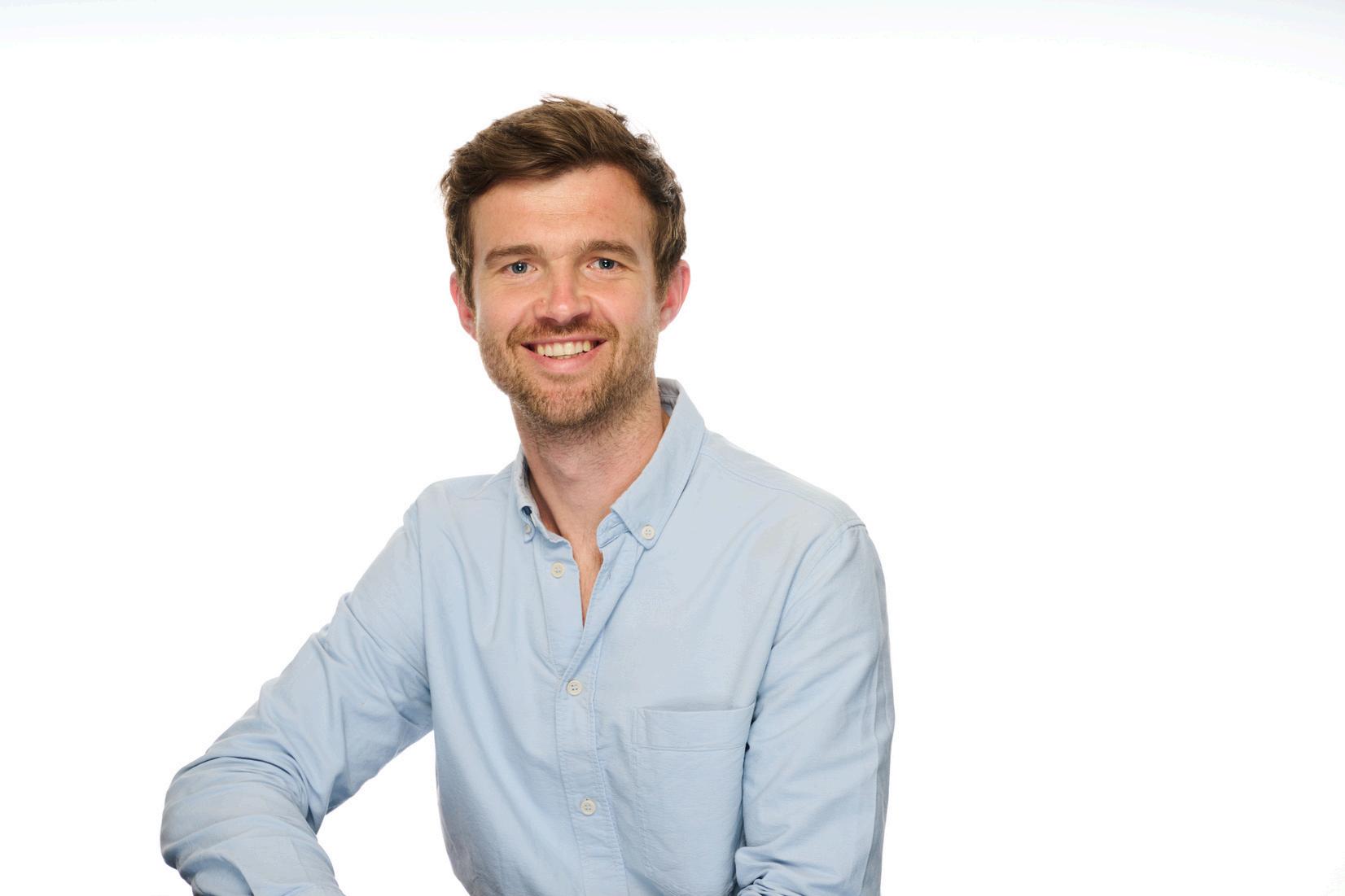
Eugene Malthouse Department of Psychology
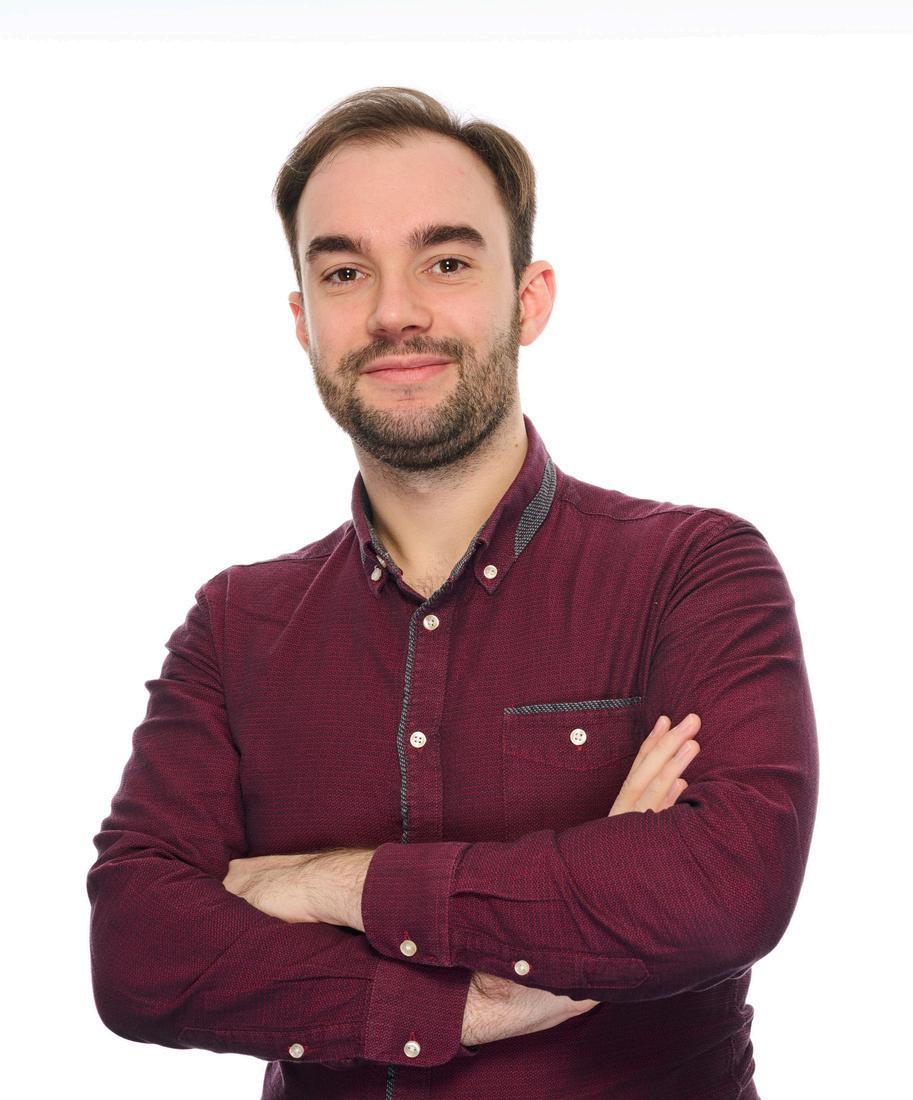
Huba Marton School of Life Sciences
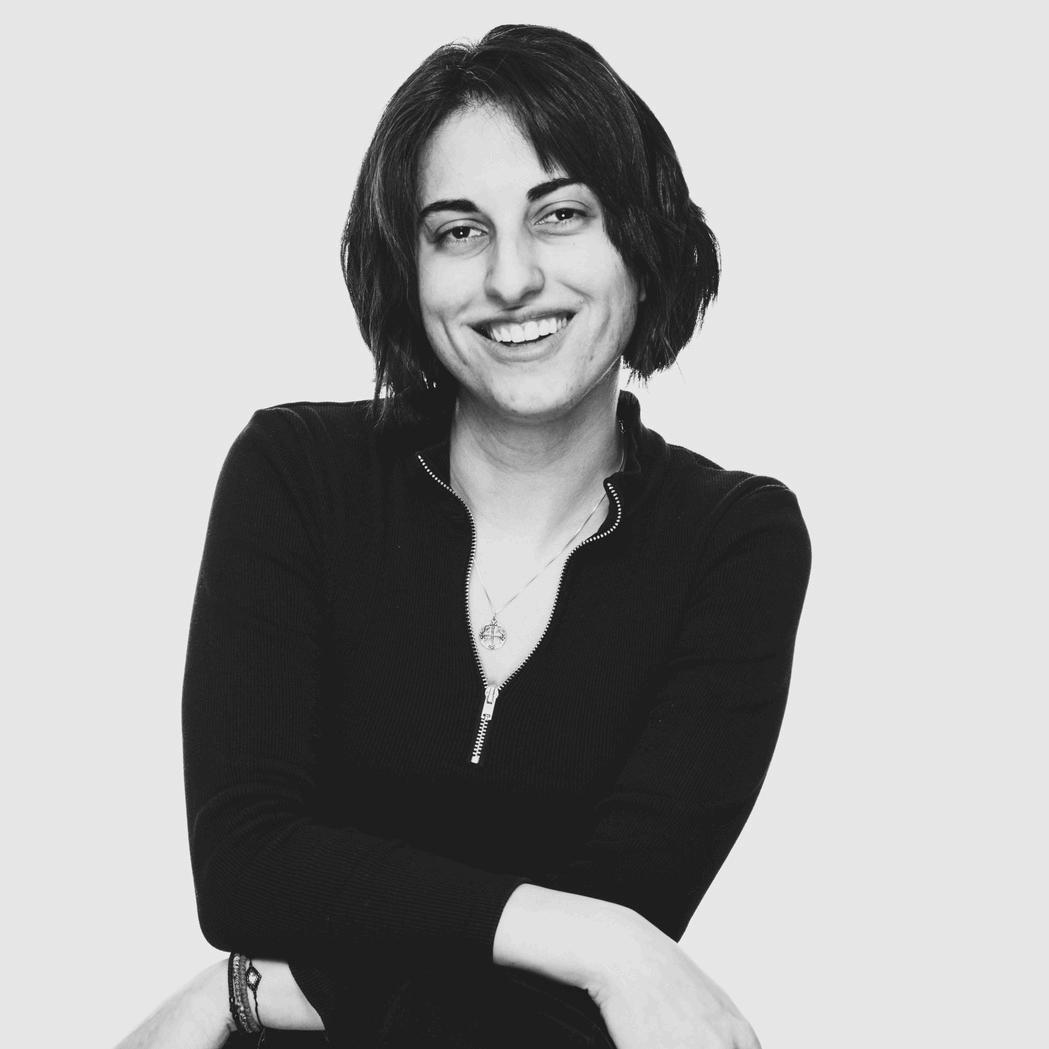
Elena Mylona Department of Sociology
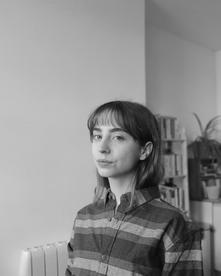
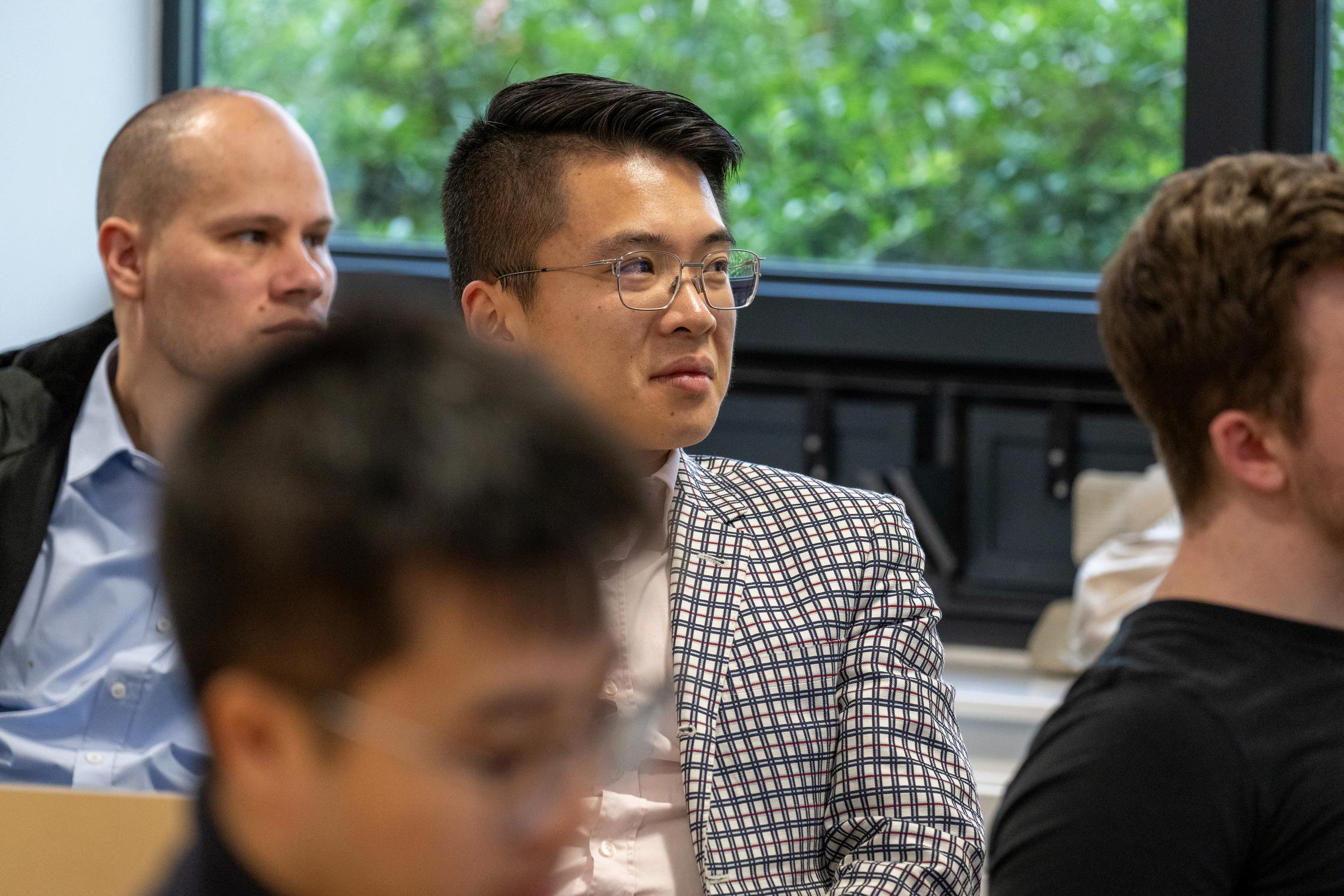
Camilla Pitton Department of Philosophy
Will Scott Warwick Medical School and the Department of Chemistry
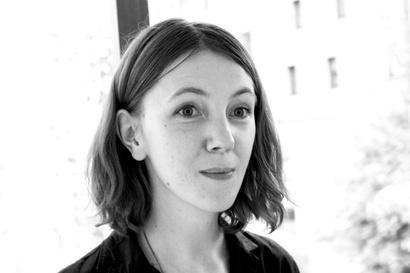
Varvara Sklez
SCAPVC

Camilo Uribe Botta
Department of History
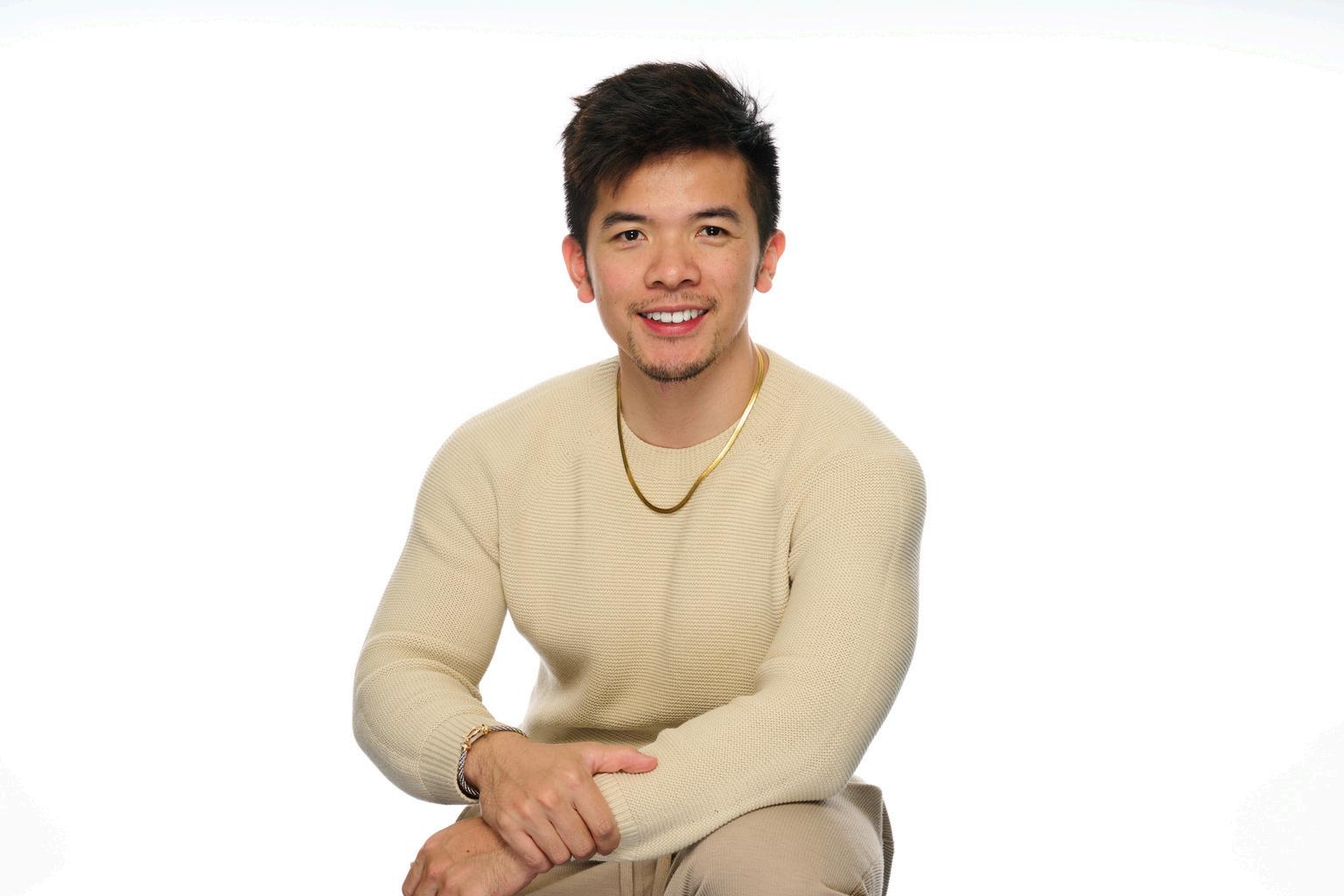
Lawrence Wu
Department of Physics

Misha Yakovlev
Department of Film and Television Studies

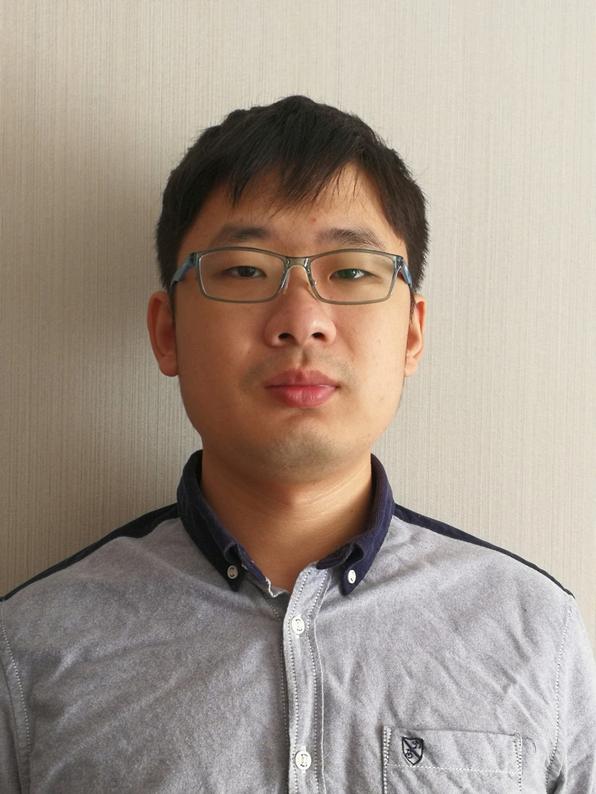
Weize Zhao
Department of Psychology

Sergei Zotov
Centre for the Study of the Renaissance
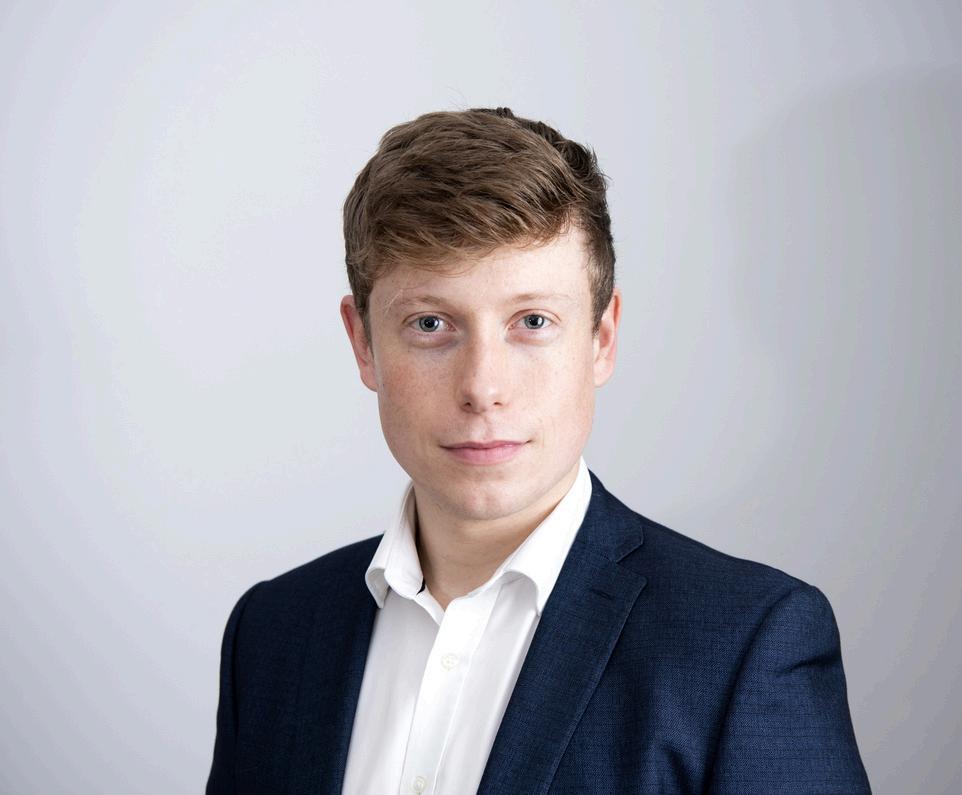
William Gildea
Department of Philosophy

Lance Hayward
Department of Film and Television Studies

Hannah Ayres Department of Sociology
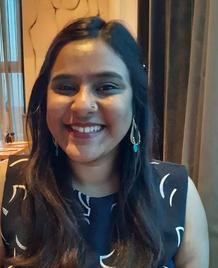
Mouli Banerjee
Department of Politics and International Studies
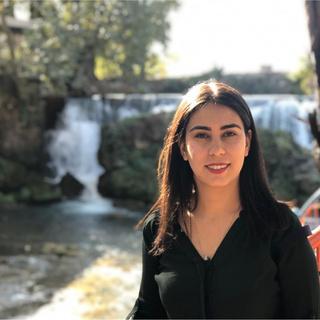
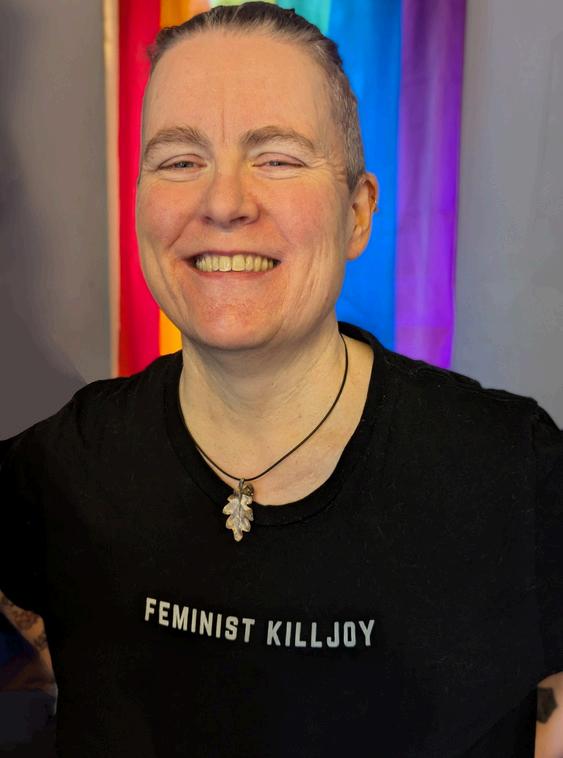
Lucy Crompton School of Law
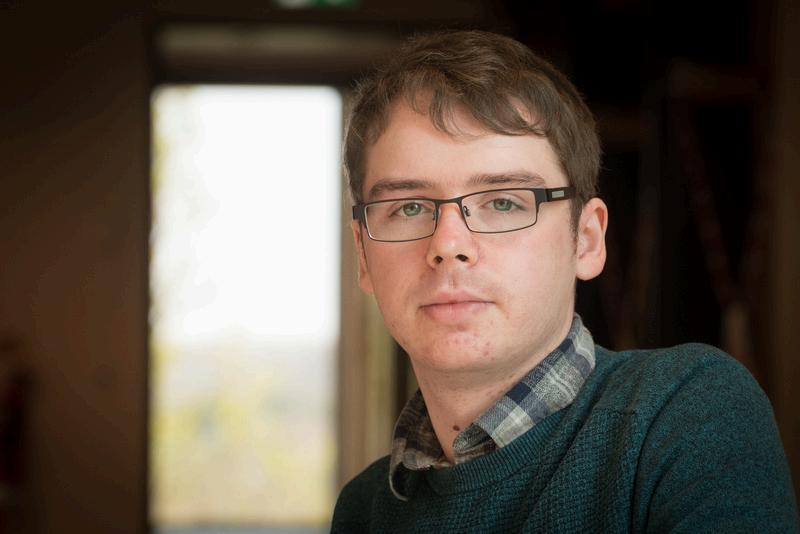
Daniel Gettings
Department of History

Hatice Gundeslioglu Centre for Research in Intellectual and Developmental Disabilities
Johan Heemskerk Department of Philosophy
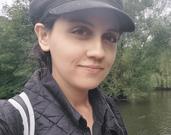
Noha Mahmoud
Ahmed Fathy Khamis Department of Chemistry
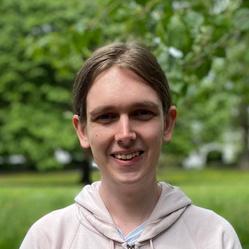
Peter Lewin-Jones Mathematics Institute
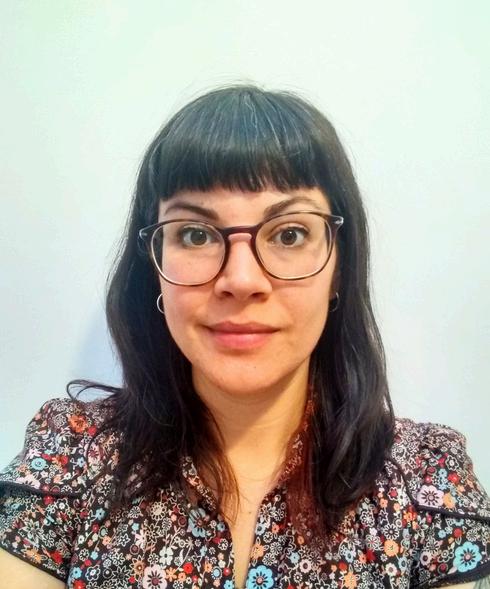

Ilaria Puliti SCAPVC
Lakshmi Shenoy
School of Engineering
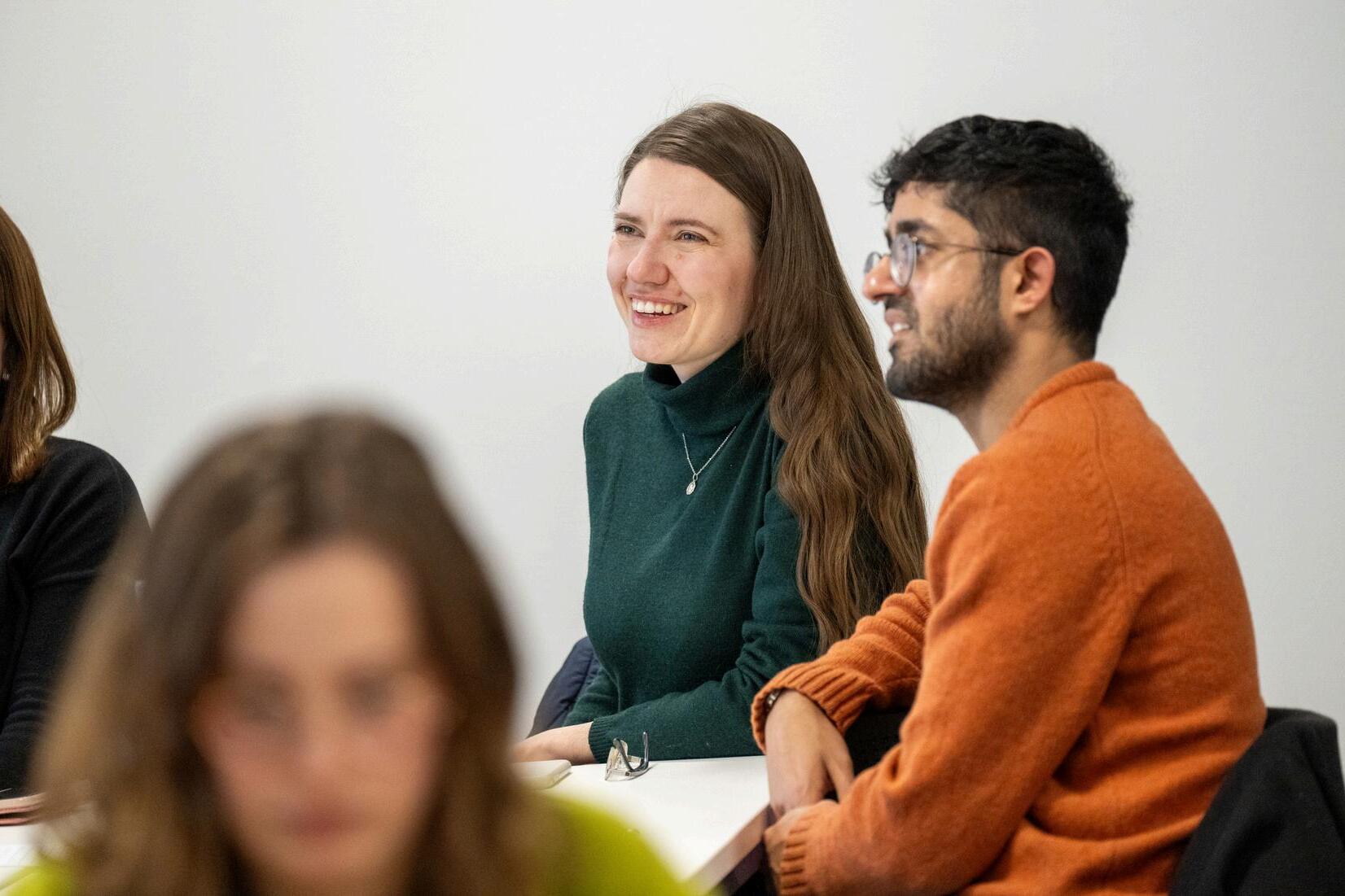
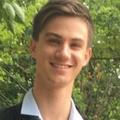
Daniel Sutherland
Centre for Research in Intellectual and Developmental Disabilities

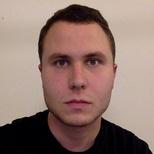
Sam Weselowski
Department of English and Comparative Literary Studies

Ian Farnell
Theatre and Performance Studies
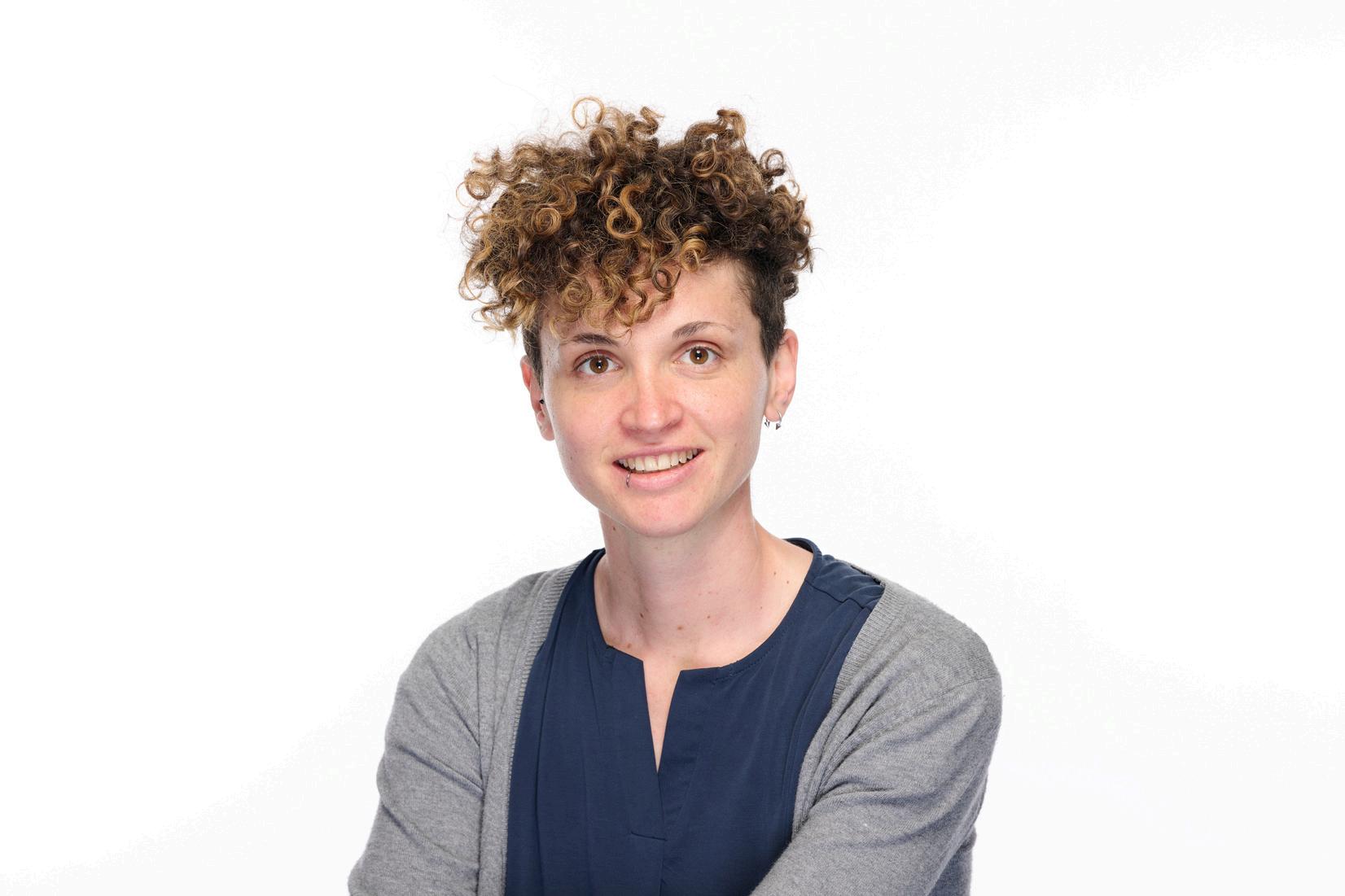
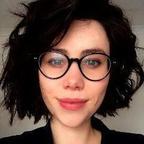
a Autieri of Creative Arts, ance and Visual Cultures

Fraser Logan
Department of Philosophy
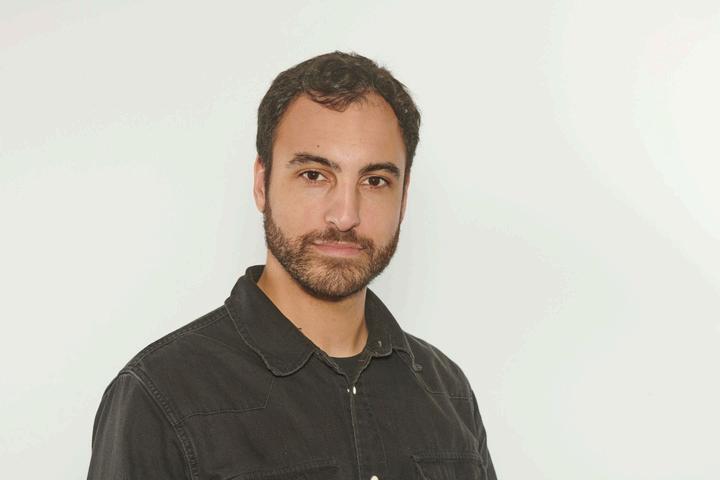
Adam Neal
Department of Philosophy
Madeleine Sinclair
Department of English and Comparative Literary Studies
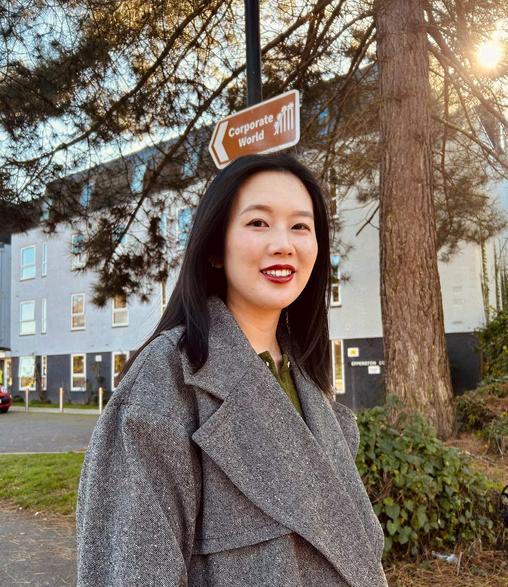
Yangzi Zhou
School of Theatre and Performance Studies
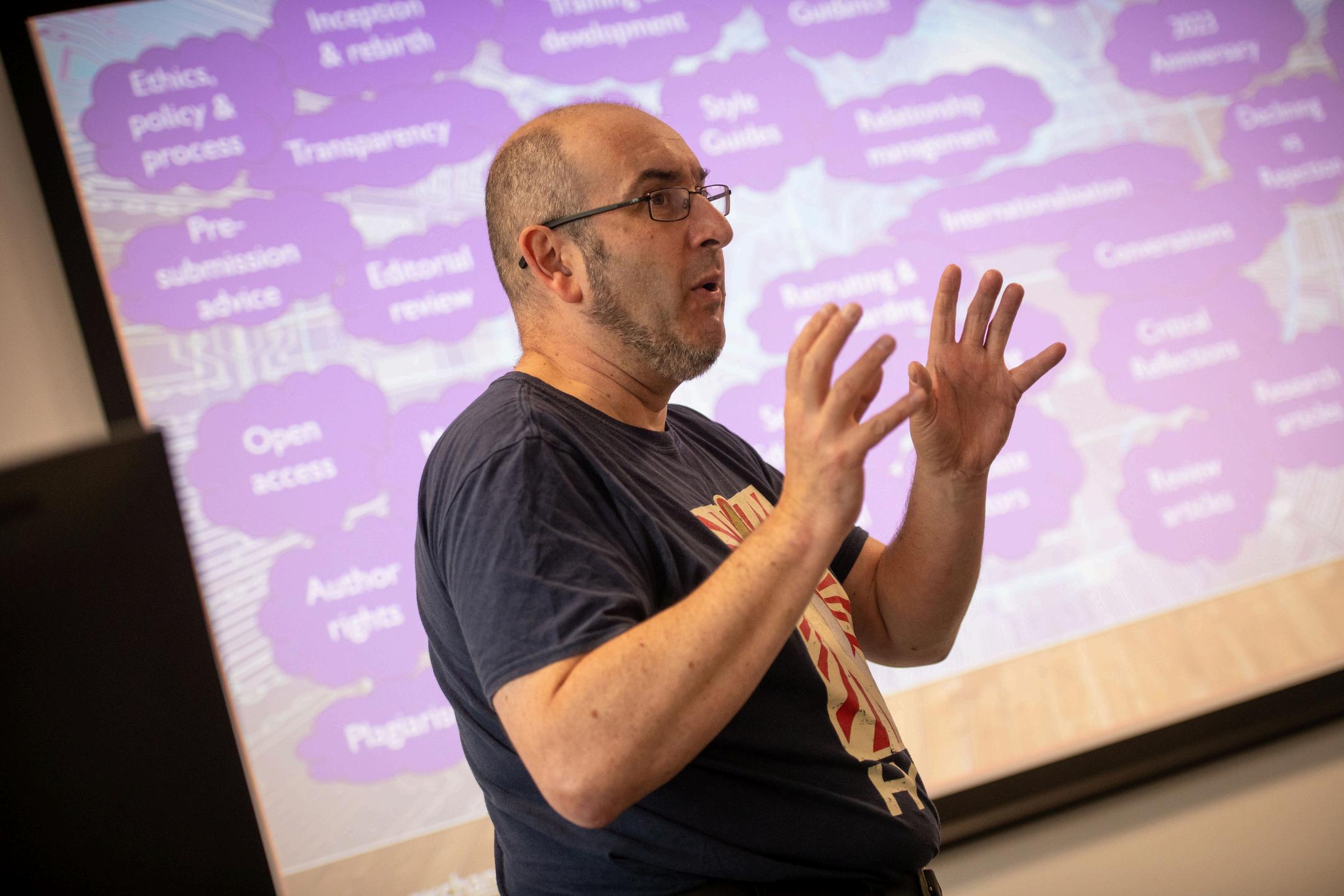
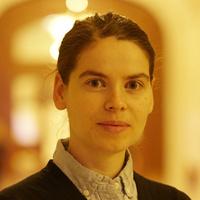

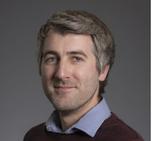

Georgiana Mihut
Department of Education Studies
David Orrego-Carmona
School of Modern Languages and Cultures
Hannes Houck
Department of Chemistry
Christopher Strelluf
Department of Applied Linguistics
Ryan Arthur
Institute of Advanced Study
Roxanne Douglas
Institute of Advanced Study
Dino Jakusic
Institute of Advanced Study

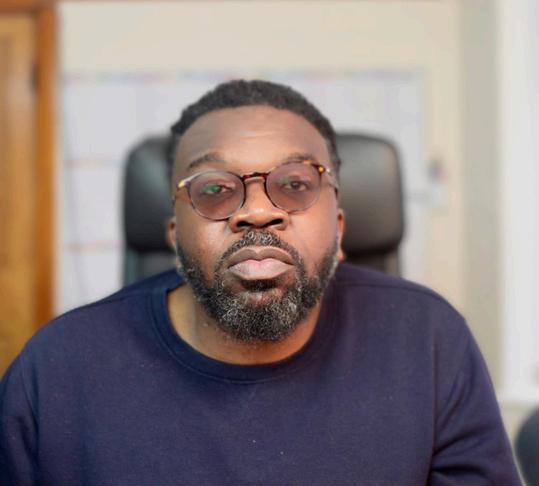

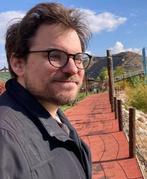
Cohort 1 (2021-2023)
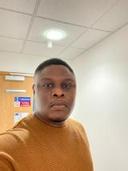
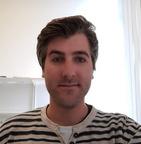


Cohort 2 (2022-2024)

Emrah Atasoy
Department of English and Comparative Literary Studies
Sébastien Lapointe
Department of Chemistry
Evalina Liarou
Department of Chemistry
Rafael Marchi
Department of Chemistry
Sarah Werner Boada
Department of Sociology
Ojodomo John Achadu
WMG
Sanchari Deb
School of Engineering
Valerie Hayaert
School of Law
Hannes Houck
Department of Chemistry
Xiaocui Wu
Department of Chemistry
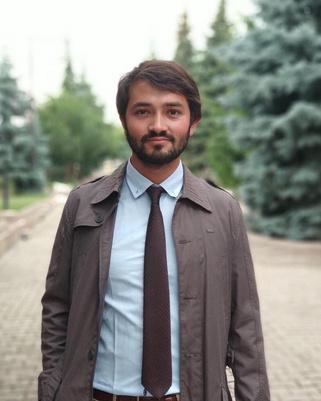

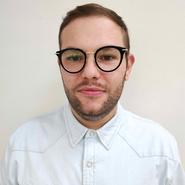
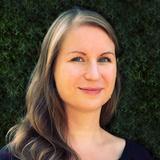

Cohort 3 (2023-2025)

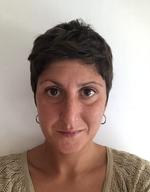
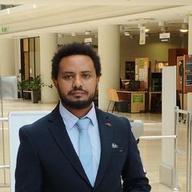

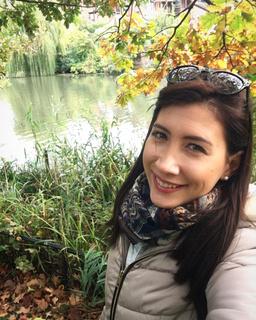
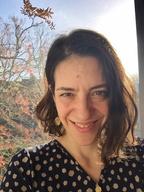
Cohort 4 (2024-2026)
Ishutesh Jain
Warwick Medical School
Bhagyashree Kulkarnii
Department of Chemistry
Matteo Leta
Centre of the Study of the Renaissance
Delia Moldovan
Centre for the Study of the Renaissance
Prach Panchakunathorn
Politics and International Studies
Thomas Bilterys
Department of Psychology
Belayneh Taye Gedifew
Department of Philosophy
Derya Kaya Ozdemir
WMG
Andreana Pastena
Department of Applied Linguistics
Aditiya Singh
Department of Physics
Carla Guerra Tomazini
Politics and International Studies

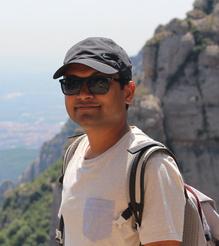


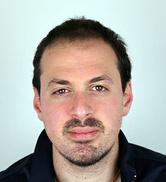
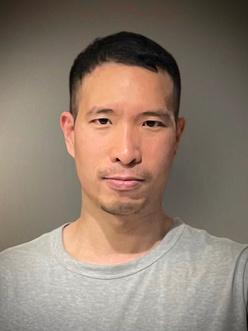
Alexander Darlington School of Engineering
Maria Brunetti Department of Physics
Sally Adams School of Life Sciences
Rui Tan WMG
Hiromichi Hagihara Department of Psychology
Lukas Hoermann Department of Chemistry
Emmanuel Effiong Johnson Department of Education Studies
Ayten Alibaba Centre for Applied Linguistics
Luke Richards School of Life Sciences
Charlotte Cooper School of Life Sciences
Tailise De Souza Guerreiro Rodrigues School of Life Sciences
Ibrahim Isik School of Engineering
Tao Zhu WMG
Mucahit Ozden WMG
Anubhav Dogra Department of Physics
Ani Permana Department of Psychology
Manuela Trejo School of Engineering
Onur Agca Warwick Business School
Ahmed El-Said WMG
Hannes Houck Department of Chemi
Bing Lu Arts Faculty Office
Mert Gulcur WMG
Yihan Guo WMG
Paola Zichi School of Law
Hanyu Wang School of Modern Languages and Cultures
Dr Ian Farnell
School of Theatre an Performance Studies
Dr Lauren Chappell School of Life Scienc

Abhiram Natarajan
CIM
Federica Coluzzi School of Modern Languages and Cultures
Nishtha Chopra Department of Physics
Galo Paez Fajardo
WMG
Ricardo Aguilar Department of History
Daniele Pizio Centre for Interdisciplinary Methodologies

Ma of Engineering
Dr Svenja Maria Janke Department of Chemistry
Twilhaar ment of Psychology
eza Arjmandi of Engineering
n Loades of Life Sciences
Singh ment of Physics

Zsuzsanna Koczor-Benda Department of Chemistry
Simona Di Martino School of Modern Languages
Raghavendra Juluri Department of Physics
Reza Kashtiban Department of Physics

The IAS has welcomed 37 visiting fellows from 19 countries across 6 continents since 2022
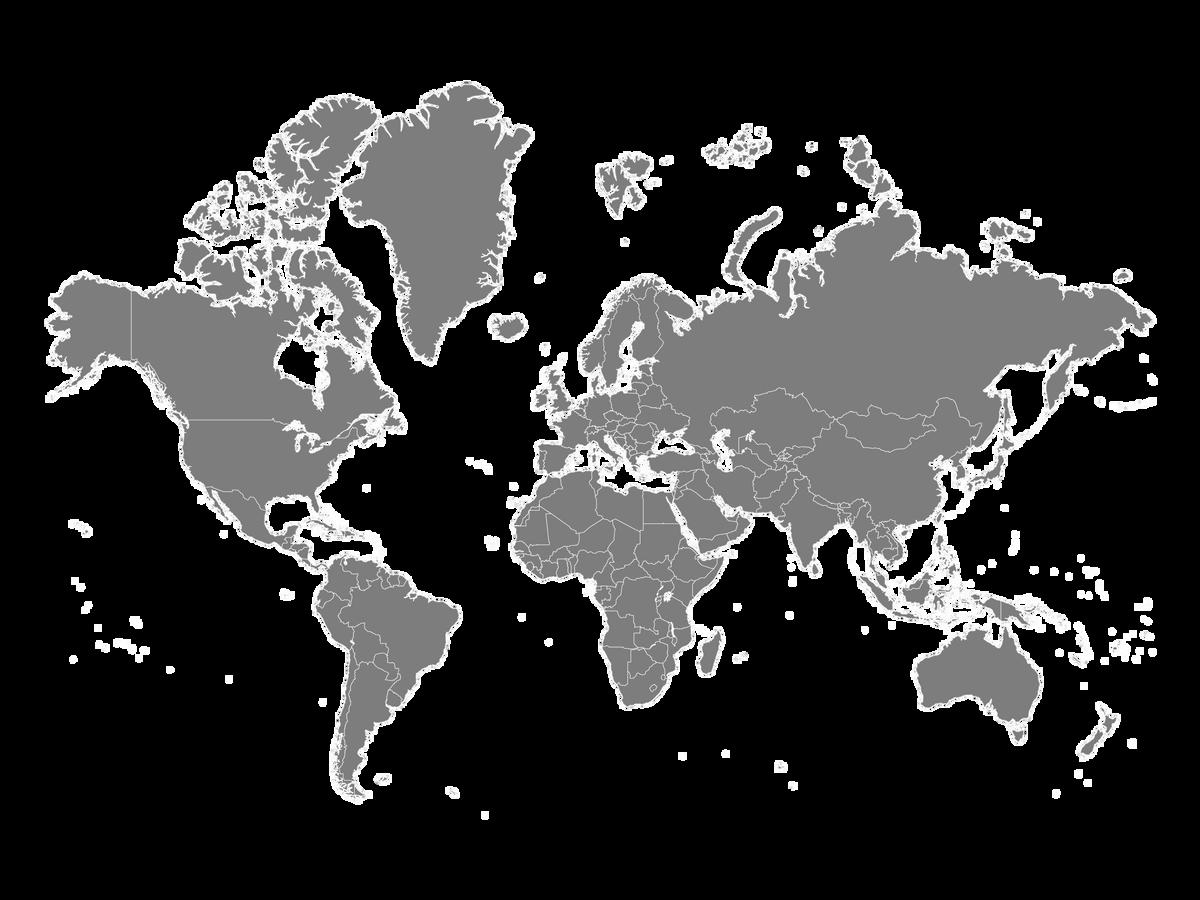

Professor Carmen G. Gonzalez, School of Law, Chicago, USA
Nominator: Prof Sam Adelman, Law School
Dr Luciano Venezia, National University of Quilmes, Argentina
Nominator: Prof Patrick Tomlin, Philosophy
Rabia Polat, Isik University, Turkey
Nominator: Vicki Squire, PAIS
Corinne Jaber, Freelance Director, Playwright & Actress
Nominator: Dr James Hodkinson, SMLC
Dr Anthony Halog, The University of Queensland, Australia
Nominator: Professor Kerry Kirwan, WMG, International Manufacturing Group
Prof Pratiksha Baxi, Centre for the Study of Law & Governance, JNU
Nominator: Prof. Ana Aliverti, Law
Professor Jesus Otero, Facultad de Economia, Colombia
Nominator: Dr Jeisson Cardenas-Rubio, IER
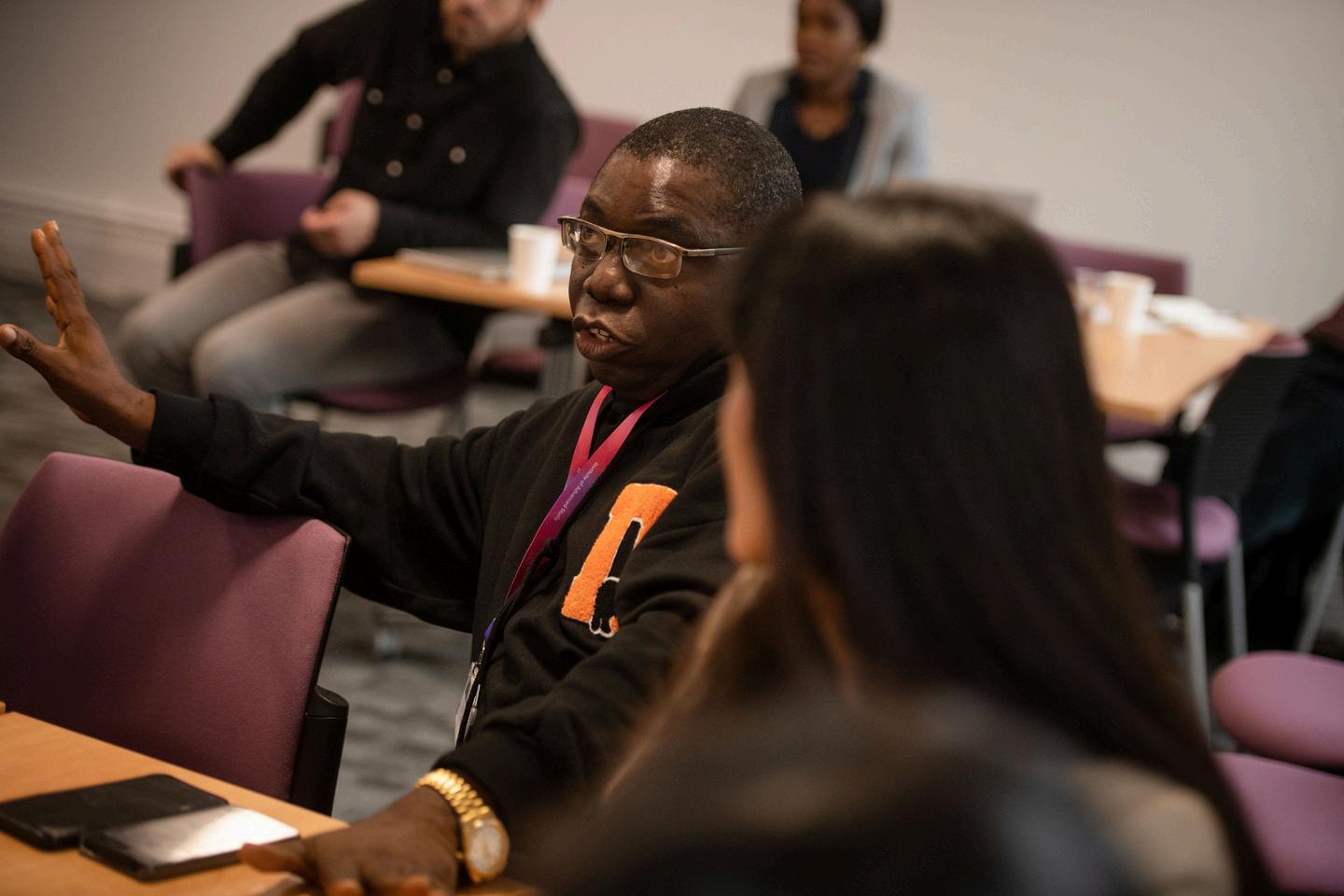
Prof. Silvia Orlandi, Sapienza Universita di Roma, Italy
Nominator: Prof. Alison Cooley, Classics & Ancient History
Dr Mohamma Siddiqui, North South University, Bangladesh
Nominator: Prof Swaran Singh, WMS
Professor Ellen Sapega, University of Wisconsin, Madison
Nominator: Prof. Alison Ribeiro de Menezes, SMLC
Dr Jai Shah, McGill University, Canada
Nominator: Prof. Swaranpreet Singh, WMS
Dr Nisha Shah, University of Ottawa, Canada
Nominator: Prof. Charlotte Heath-Kelly, PAIS

“This was a really excellent exchange where the IAS opened our eyes to new possibilites.”
Bill
Murray
Dr Anirban, Department of Economics, India
Nominator: Dr Subhasish Dey, Economics
Dr Vita Dumanska, Institute of Demography/CHESNO, Ukraine
Nominator: Naomi Kay, WIE
Dr Vanessa Bal, Rutgers University, USA
Nominator: Professor Kylie Gray, Centre for Research in Intellectual & Development Disabilities
Ajay Bhardwaj, Simon Fraser University, Canada
Nominator: Virinder Kalra, Sociology

Prof Colin Jones, University of Chicago, USA
Nominator: Charles Walton, History
Prof Callie Grant, Rhodes University, South Africa
Nominator: Pontso Moorosi, Education Studies
Dr Susana Valdez, Leiden University, The Netherlands
Nominator: David Orrego-Carmona, SMLC
Waheeda Amien, University of Cape Town, South Africa
Nominator: Dr Rajnaara Akhtar, School of Law
Peter lay, The University of Sydney, Australia
Nominator: Peter J. Sadler, Chemistry
Anna Pages, Ramon Llull University, Spain
Nominator: Emma Williams, Education Studies –
School of Education Languages and Communication Sciences
Cy Maor, The Hebrew University of Jerusalem, Israel
Nominator: Filip Rindler, WMI
Craig Martin, Ca’ Foscari, Venice, Italy
Nominator: Caroline Petit, Centre for the Study of the Renaissance
Dr Anuradha Kapur & Geetanjali Shree, Independent Artists, India
Nominator: Dr Milija Gluhovic, Theatre and Performance Studies, SCAPVC
Prof Yukio Maeda, Soka University, Japan
Nominator: Vicki Squire, PAIS
Dr Nuttapol Risangud, Prince Songkla University,
Surat Thani Campus, Thailand
Nominator: David Haddleton, Chemistry
Professor Carole Levin
Nominator: Teresa Grant, Centre for the Study of the Renaissance
Jordana Dym, Skidmore College, USA
Nominator: Dr Elizabeth Chant, Liberal Arts and Global Sustainable Development
Basani Baloyi, Institute for Economic Justice, South Africa
Nominator: Professor Celine Tan, School of Law
Laura-Maria Peltonen, Unviersity of Turku, Finland
Nominator: Dr Julia Walsh
Natércia das Neves Rodrigues Lopes, Instituto
Superior Técnico: Lisbon, Portugal
Nominator: Jack Woolley, Research Technology Platforms
Quintijn Kat, Ashoka University, India
Nominator: Tom Long, PAIS
Tinashe Rufurwadzo, Global Network of People Living with HIV (GNP+), The Netherlands
Nominator: Prof Meg Davis
Prof Robert Neumar, University of Michigan, USA
Nominator: Professor Gavin Perkins, WMS – Health Sciences
Farida Fassi, University Mohammed V in Rabat, Morocco
Nominator: Bill Murray, Physics
“The IAS funding has provided valuable support for my research, enabling me to focus on key outputs and participate in meaningful collaborations.”
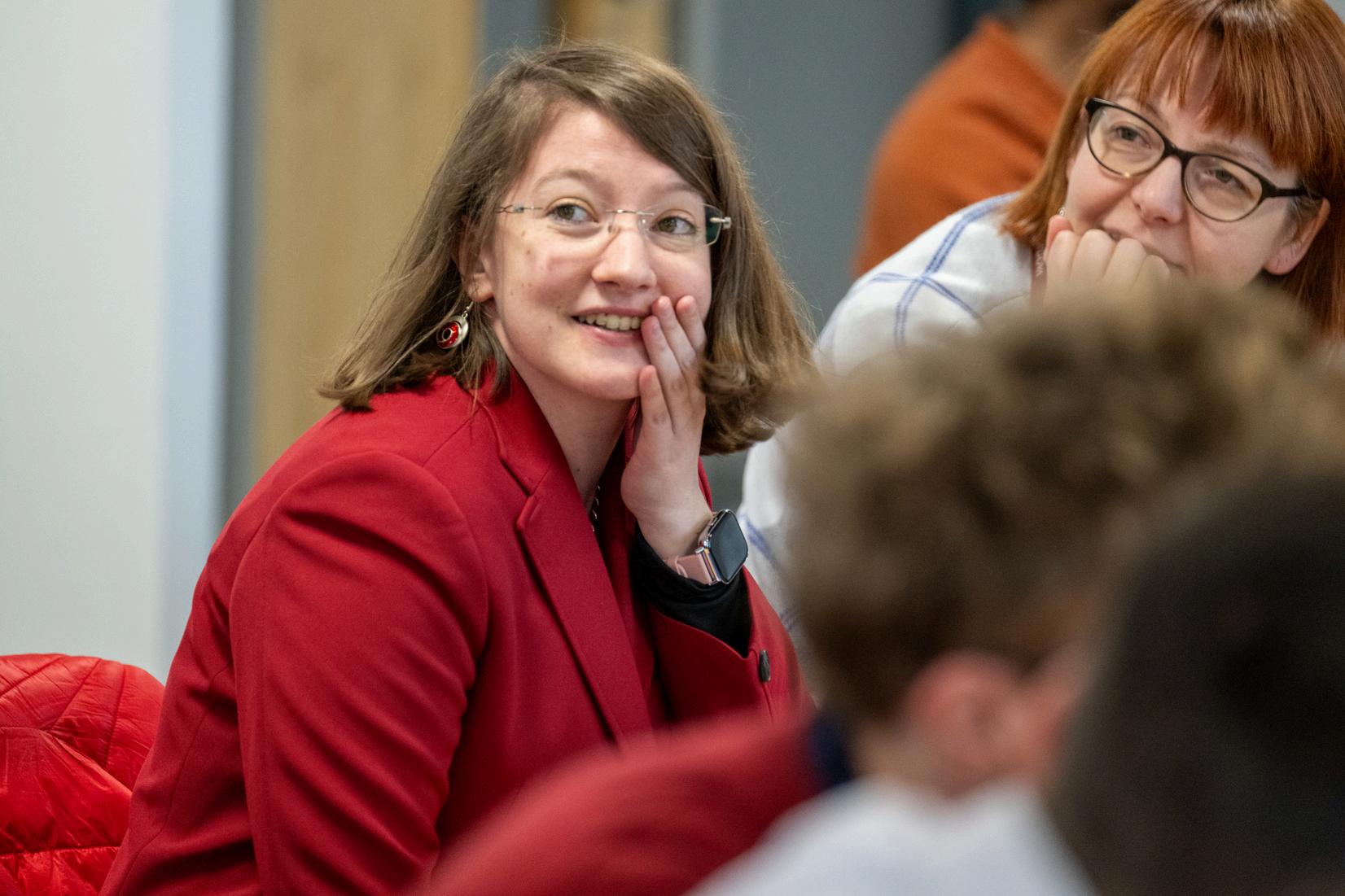


IAS Awards provide funding to support the development of new interdisciplinary research ideas & collaborations which will open up new funding streams, research outputs and impact. We particularly encourage ambitious and innovative ventures that are not yet at the stage where they can be funded externally.
Helen Wheatley (Film and Television Studies) awarded £2500 for Filmmaker in residence interdisciplinary & collaborative research - Opinion Formation in Social Networks.
Dr Evelina Liarou (Department of Chemistry) awarded £2500 for In-situ liquid phase electron microscopy monitoring of depolymerization processes in atom scale.
Anastasia Chamberlen (Department of Sociology) awarded £2500 for Geographies of Gendered Punishment: A Symposium on Women's imprisonment in Global Context.
Mark Philp (Department of History) awarded £2460 for Re-imagining Democracy in Central and Northern Europe 1780-1870.
Dr Tommaso-Cornelis Rosati (Department of Statistics) awarded £900 for Research stay for the study of Lyapunov exponents of stochastic advection-diffusion equations.
Prof Samir Siksek (Mathematics Institute) awarded £2500 for WINGS (Women in Number Theory and Geometry)
Dr Nick Bernards (Global Sustainable Development) awarded £480 for Peripheral financial centres and the future of sustainable development.
Prof. Oleg Zaboronski (Mathematics Institute) awarded £1200 for Absolute continuity for coalescing-annihilating Brownian motions and related Pfaffian point processes.
Prof Thomas Hills (Department of Psychology) awarded £2500 for CoDependence vs. Self-Reliance: The Influence of Meritocratic Beliefs in Collective Action Problems.
Dr Jonathan Vickery (SCAPVC) awarded £1000 for ‘Warwick University Press: options for strategic development’ -- a scoping review of the current and potential pathways of development for the current Warwick University Press platform, in serving its current users and stakeholders (Library, editors, academic community, researchers and readers).
Rebecca Milot (Department of Physics) awarded £975 for Watching Organic Solar Cells at Work with Ultrafast Spectroscopy and Near-F Microscopy.
Charles Walton (Department of History) a £2062 for Early Modern a Eighteenth-Century Cent Sociability and Politics, F Travel in the Early Moder (1500-1850).
Dr Emily Lane-Hill (School of Life Sciences) £6140 for Leicester and W Research Culture and Inn workshop for ECR
Camilla Audia (Global Sustainable Development) awarded £2000 for Writeshop to finalise the “Vulnerability in Resilient Spaces: Co-Developing Equitable Decision-Making Frameworks for Transformational Adaptation (ReSET)” grant.
Dr Nora Castle (IAS / English & Comparative Literary Studies) awarded £1752 for Un/Building the Future: The Prof Timothy Saunders (Warwick Medical School) awarded £2000 for Warwick/UCL: Quantitative
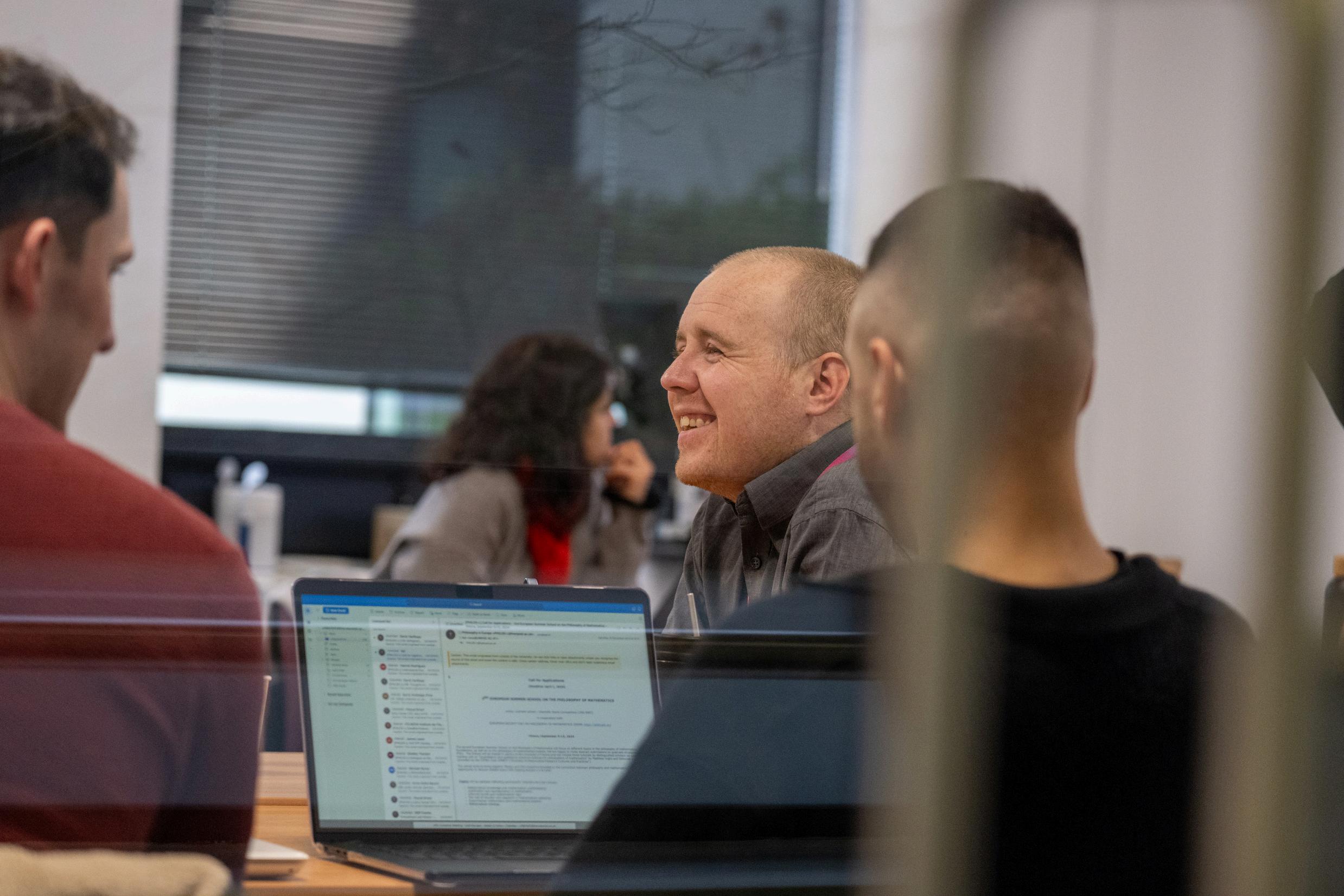

Professor David Lines (Centre for the Study of the Renaissance) awarded £9406 for Renaissance Europe and the Environmental Humanities: Venice and Beyond.
Charlie Price (Politics and International Studies) awarded £1960 for attendance and participation in the International Studies Association Annual Convention 2024.
Robert Dallmann (Warwick Medical School) awarded £2500 for Towards clinically actionable molecular biomarkers of the circadian clock.
Ian Farnell (Theatre and Performance Studies) awarded £1280.80 for ‘Performing Customer Service’
Sarah Werner Boada (Department of Sociology) awarded £2500 for Conference launch of the Radical Mothering Research Collective, April 24
Jenny Harlock (Warwick Medical School) awarded £1960.93 for Building a UoW Social Care Research Network
Ricardo Aguilar-Gonzalez (IAS) awarded £2535 for Archive Training: Research trip to Mexico City, Morelia, and Paracho in Mexico.
Alison Ribeiro de Menezes (School of Modern Languages and Cultures) awarded £2500 for Reflecting on the Portuguese Revolution: 50 Years On.
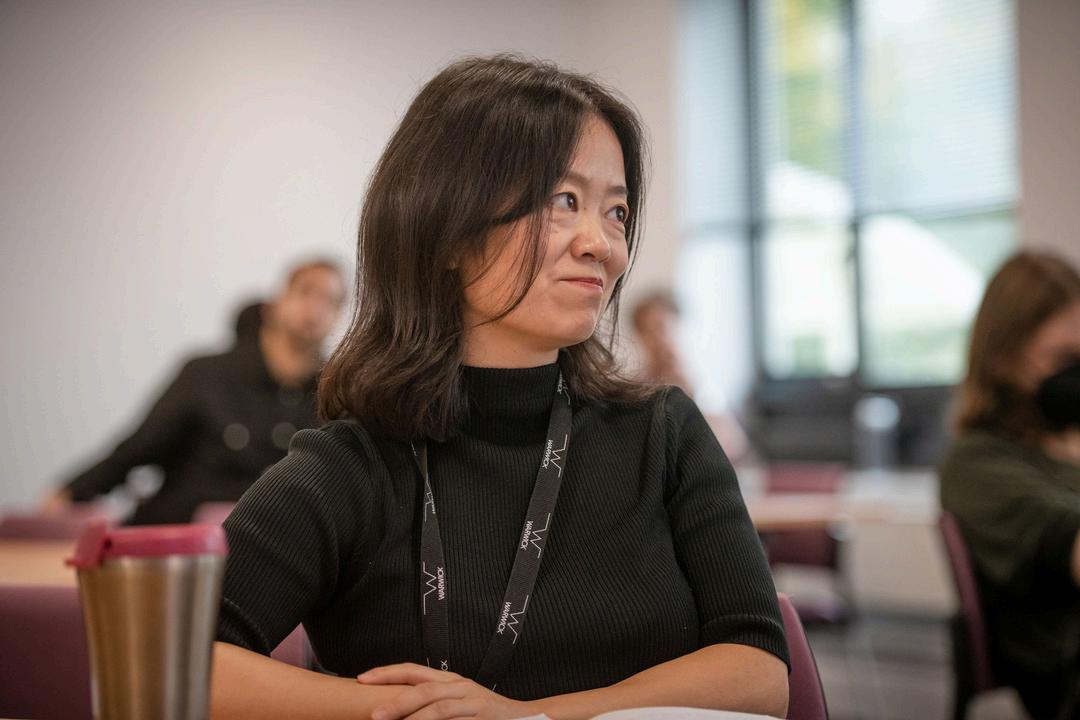
on evision Studies, rded £976 for a disciplinary n the Carry On film 58-1978; 1992).
Richard James Aldrich (Politics and International Studies) awarded £1775 for US Intelligence during the Cold War and its relations with the American press, 1947-90.
Ronghui (Kevin) Zhou (IAS) awarded £841.50 for Evaluating an Online SDGs Course and Exploring its Impacts on Undergraduate Students in Myanmar's Conflict Zones. all Institute) awarded orkshop aimed at Modelling for al Challenges.
Matthew Turner (Department of Physics) awarded £2500 for The physics of selforganising active matter.
Fabio Camilletti (School of Modern Languages and Cultures) awarded £713.30 for Dante and the Ouija Board. Towards a Humanities-oriented Approach to AI Studies.
Jonathan Vickery (Centre for Cultural and Media Policy Studies, SCAPVC) awarded £2490.10 for ‘The Future of University-published research journals: local enterprise in the global knowledge economy ’ .
Emily Henderson (Department for Education Studies/DEAR Centre) awarded £2500 for The Heart of Research: Exploring the Aims, Nature and Values of Education Research Centres
Guido van Meersbergen (Department of History) awarded £7500 for For a Fairer Global History: A Framework for Inclusive International Research
Dr. Caroline Petit (Department of Classics and Ancient History) awarded £2500 for Reconstruction and testing of an ancient pharmacological formulation (2nd cent. AD) to determine its potential antimicrobial activity for future drug development.
Vladimir Rosas Salazar (Department of Film and Television Studies) awarded £970 for a One-day interdisciplinary conference titled ‘Rethinking Latin America: New Journeys Across Film and Literatu ’
Professor Andrew McA (Warwick Medical Schoo awarded £2415 for Mec biology of the mitotic sp
Professor Vincenzo Bo (Politics and Internationa Studies) awarded £2200 Terrorism's Ripple Effec Investigating the Behavi Consequences of Terror
David Coates (Theatre and Performance Studies, SCAPVC) awarded £1504 40 for a Symposium Entitled ‘Theatre Historians: Who Are We Writing For?’


Managed and published by the IAS, Exchanges is a scholar-led, peerreviewed, open access journal, dedicated to disseminating high-quality interdisciplinary and multidisciplinary research.
The past two years have been the busiest and most successful period of the Exchanges journal’s history.[ii]
During this time 8 issues of Exchanges have been published, comprising 96 articles across almost 1,500 pages –which included our 10th birthday celebrations and most recently our 30th issue published overall. While 5 of these editions were the regularly scheduled spring/autumn issues, the remainder comprised our special collaboratively published volumes.
Of these special issues, the most notable among them in terms of size and prestige, was that celebrating Research Culture (Vol 11.3, autumn 2024), developed in collaboration with Warwick’s National Centre for Research Culture (NCRC).[iii]
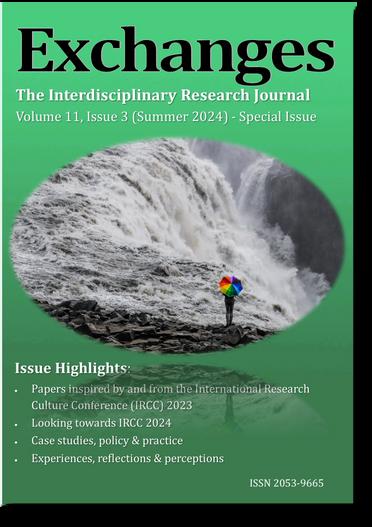
Special issues have since 2019 represented an exciting additional component of Exchanges’ operations, both in terms of external and internal collaboration, along with our expanding associate editor programme developed to support their creation.
At time of writing the journal has in excess of 30 associate editors working on the title, and with 4 future special issues under active development for 2025/26 this work looks set to continue apace.[iv]
With a member of the IAS admin team now assigned to offer some administration support, when coupled with the Editorial Board, this brings the total number of individuals working for the Managing Editor-in-Chief (Chief Editor) to almost 50.[v]


While commissioned as a non-feecharging, open-access, early-career focused Warwick-centric journal, Exchanges continues to attract a diverse range of authors, reviewers and readers globally.
This contributor community diversity is reflected within the geographic and demographic composition of its Editorial Board.[vi]
Typically, the Board comprises early career and established researchers from around the globe from any discipline, recruited from Warwick’s global partner institutions. Membership is personal with initial tenures of 18 to 24 months envisaged, although many Board members choose to remain active participants for longer. Presently there are 17 Board members, plus the Chief Editor, representing 7 institutions around the world. Representation from associate editors serves to broaden this geographic work even further.
Beyond the publication of the jour the Chief Editor also engages in a of outreach, marketing and engag exercises with suitable audiences. period this report covers this has included appearances at the British Academy (2024), the International Research Culture Conference (202 2024) and the Modern Records Centre Symposium (2023).
Internally, the Chief Editor also continues to contribute to the IAS’ events programme on publishing and publication-based topics. Ongoing contributions are also made to Warwick’s various developmental programmes on publishing topics, notably with regular collaborations with the Leadership and Development department and the Arts School.

Outreach activities also include the production of the long-running Exchanges Discourse podcast.[vii] Now into its fifth series in 2024, episodes regularly feature past journal authors discussing their careers, their publications and exploring advice to emerging academic authors. As of writing, 65 episodes have been released since 2020, with 13 and 11 new episodes appearing in 2023 and 2024 respectively. Finally, Exchanges maintains an active social media presence, most notably through its blog, microblogging channel and Linked.In group.[viii] The Chief Editor regularly uses these platforms as routes to engage with the readership, celebrate contributors and highlight opportunities on the journal.

[i] This report covers the period Autumn 2022 to Winter 2024. For more details on Exchanges see: https://exchanges.warwick.ac.uk/.
[ii] See: Exchanges, 2024. A Brief History. https://exchanges warwick ac uk/index php/exchange s/exchangeshistory
[iii] Available at: https://doi org/10 31273/eirj v11i3
[iv] Associate editors are primarily, though not entirely, drawn from the early career researcher communities of collaborating special issue institutions. Notably, 2024 saw our first professorial grade member of this team These special issues are thematically concerned with: Queerness as Strength (Monash, Australia), Gender & Intersectionality (Warwick), Research Culture (Warwick), as well as Sustainability Culture (Chung Hsing, Taiwan).
[v] Only the (0.6FTE) Chief Editor, and admin assistant are salaried. Other editors work on a voluntary basis to gain experience in publishing and further their research careers However, those based at Warwick are offered a small annual research stipend in return for their efforts.
[vi] Since 2018, Exchanges has been led by Dr Gareth J Johnson, under whose aegis 21 of the 30 total issues have been published For current Board Membership see:
https://exchanges warwick ac uk/index php/exchange s/BoardProfiles
[vii] For Exchanges Discourse on Spotify podcasts see: https://open.spotify.com/show/5amW8qMjCrUihAvtB q5ChM
[viii] For more on Exchanges Social Media channels see:
https://exchanges.warwick.ac.uk/index.php/exchange s/information/readers
Science and Innovation in the 21st Century: Comparing India and UK’s Strategies. The Institute of Advanced Study (IAS) hosted an event titled ‘Science and Innovation in the 21st Century; Comparing India and UK's Strategies’ at the Warwick Business School Shard facility in London on the 20th of November 2023.
This event was a unique opportunity to gain valuable knowledge on the strategies of two of the world’s most prominent democracies with large economies for the 21st century. The event featured talks from two highly esteemed individuals, one from India and the other from the UK followed by a moderated discussion.
Our invited speakers on the night were:
Professor K. Vijay Raghavan, Fellow of the Royal Society Fellow of London, Foreign member of the US National Academy of Sciences, Former Principal Scientific Adviser to the Government of India, and former National Centre for Biological Sciences director.
Sir. Mark Walport, Foreign Secretary of The Royal Society, former UK Government Chief Scientific Adviser, former Head of the Government Office for Science and former Chief Executive of UK Research and Innovation.
Professor Chris Ennew OBE, former Provost of the University of Warwick

Pathways to Knowledge (P2K) fellowships bring the best minds to the Institute of Advanced Study to advance human knowledge & challenge the foundations of disciplinary knowledge. Fellows will address whether biases (such as religion, culture, politics, customs and beliefs, normativity, researcher competition, and non-human methodologies –such as AI) have negatively affected the generation of evidence-based knowledge.
P2K fellows will choose specific questions and “challenge the state of the art” by determining whether missed opportunities have prevented the acquisition of knowledge and will seek to recalibrate the target discipline towards a more balanced and evidence-based approach to knowledge development by employing the best interdisciplinary research approaches.
P2K fellows will also seek to answer the question whether biases due for example to gender, national origin, language, and race have led to wrong attribution of key transformational advances and will help to more accurately attribute discoveries to practitioners and practices.

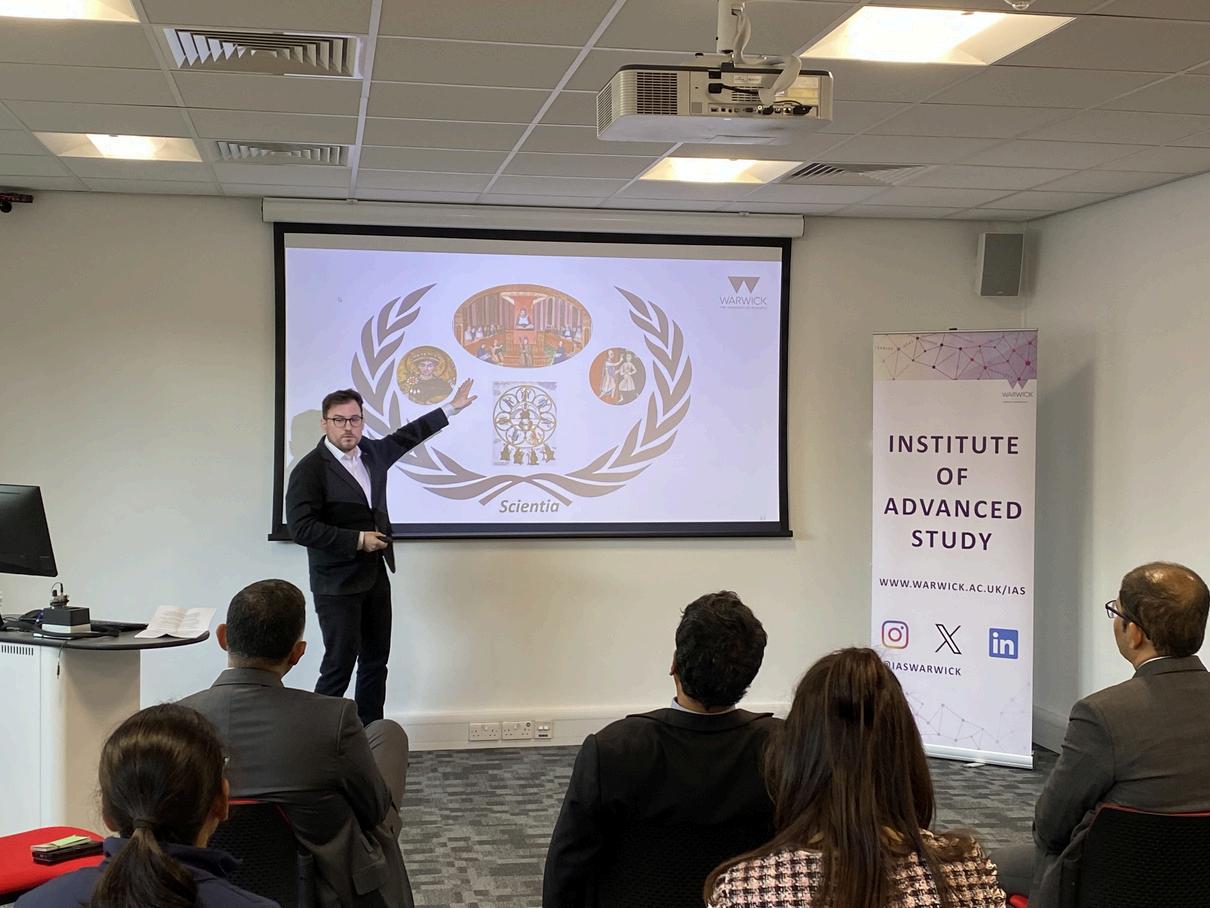
The Institute of Advanced Study (IAS) was honoured to welcome ten Ukrainian scholars and their family members, who were at significant risk due to the ongoing conflict in Ukraine.
These distinguished Fellows actively collaborated with various departments across all faculties, contributing their expertise and enriching the academic environment. This initiative was made possible through the support of the Fernandes Fellowship and the University of Warwick.
The IAS also extends it’s gratitude to the local families and Warwick colleagues who participated in the Homes for Ukraine scheme, providing vital support and hospitality to our Fellows during this challenging time. This collective effort exemplifies a profound commitment to solidarity and academic collaboration in the face of adversity.
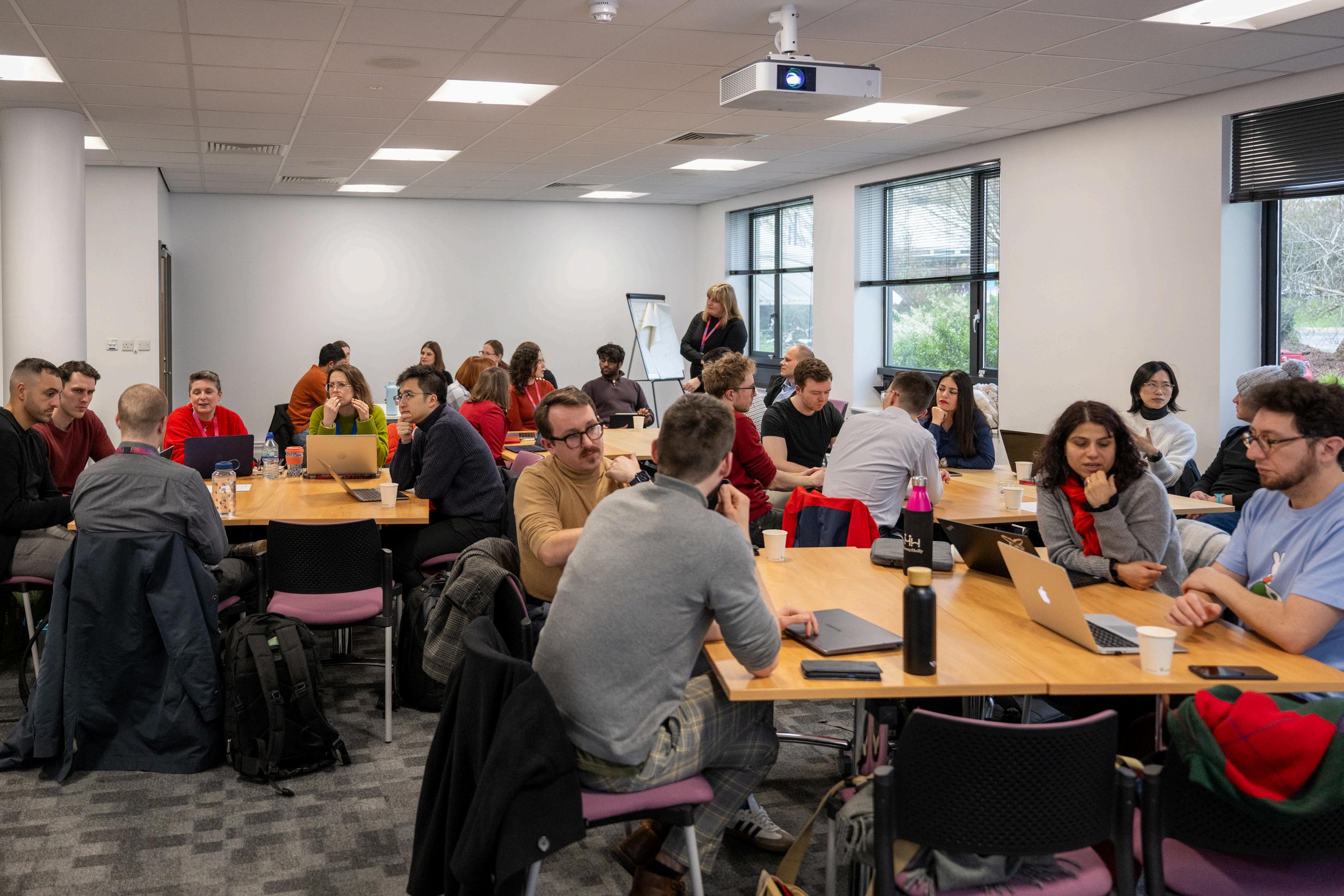

d two UKRI's Enhancing Research Culture projects in h of these are a continuation of our 2021 project Postdoc Research Culture with a User-Centered tDoc – Creating sustainable high-quality g at Warwick.
Warwick as a Global Centre of Postdoctoral Support.
e of these projects is to enhance support for early ithin Warwick and to better align with global dvancing efforts to support early career researchers.

InReach10X is the flagship seminar series organized by the Institute of Advanced Study (IAS). This seminar series was conceived to showcase Warwick's exceptional research community, featuring bold and innovative 10X ideas that inspire future leaders.
In this inaugural series of lectures, Warwick academics presented exciting and transformative research across a variety of topics, including the arts, natural and social sciences, engineering, and medicine. As the seminar series progressed, the IAS invited external speakers to participate.
Since the launch of InReach10X, we have had 7 Warwick academics and 4 external speakers present their research from diverse fields and topics, with 3 more Warwick academics lined up for 2025.

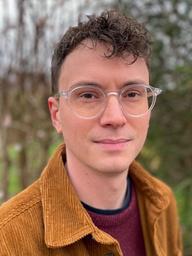
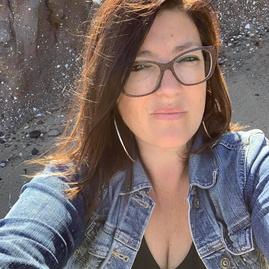
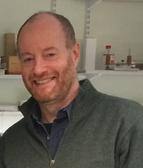
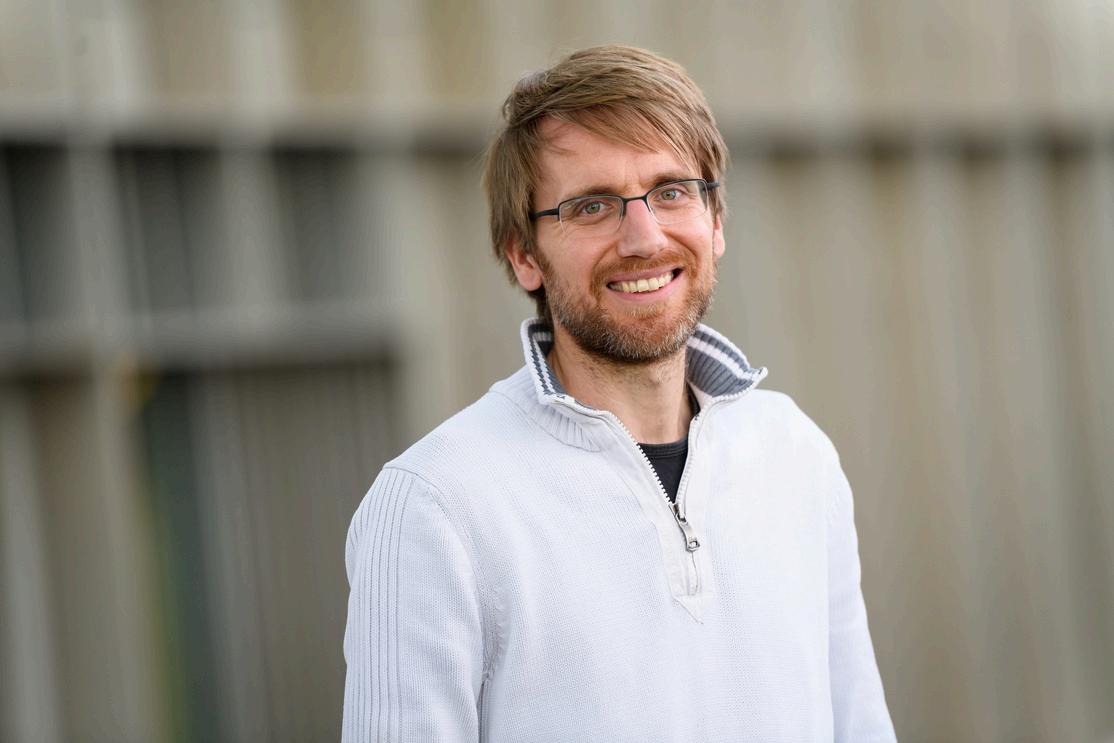

Sir Vince Cable
Prof. Helen Wheatly
Prof. Nick Dale
Dr James Poskett
Prof. Timothy Saunders
Dr Saad Bhamla
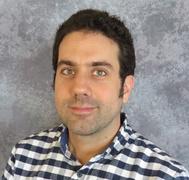

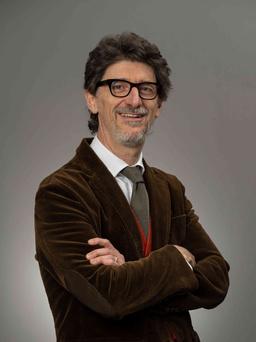
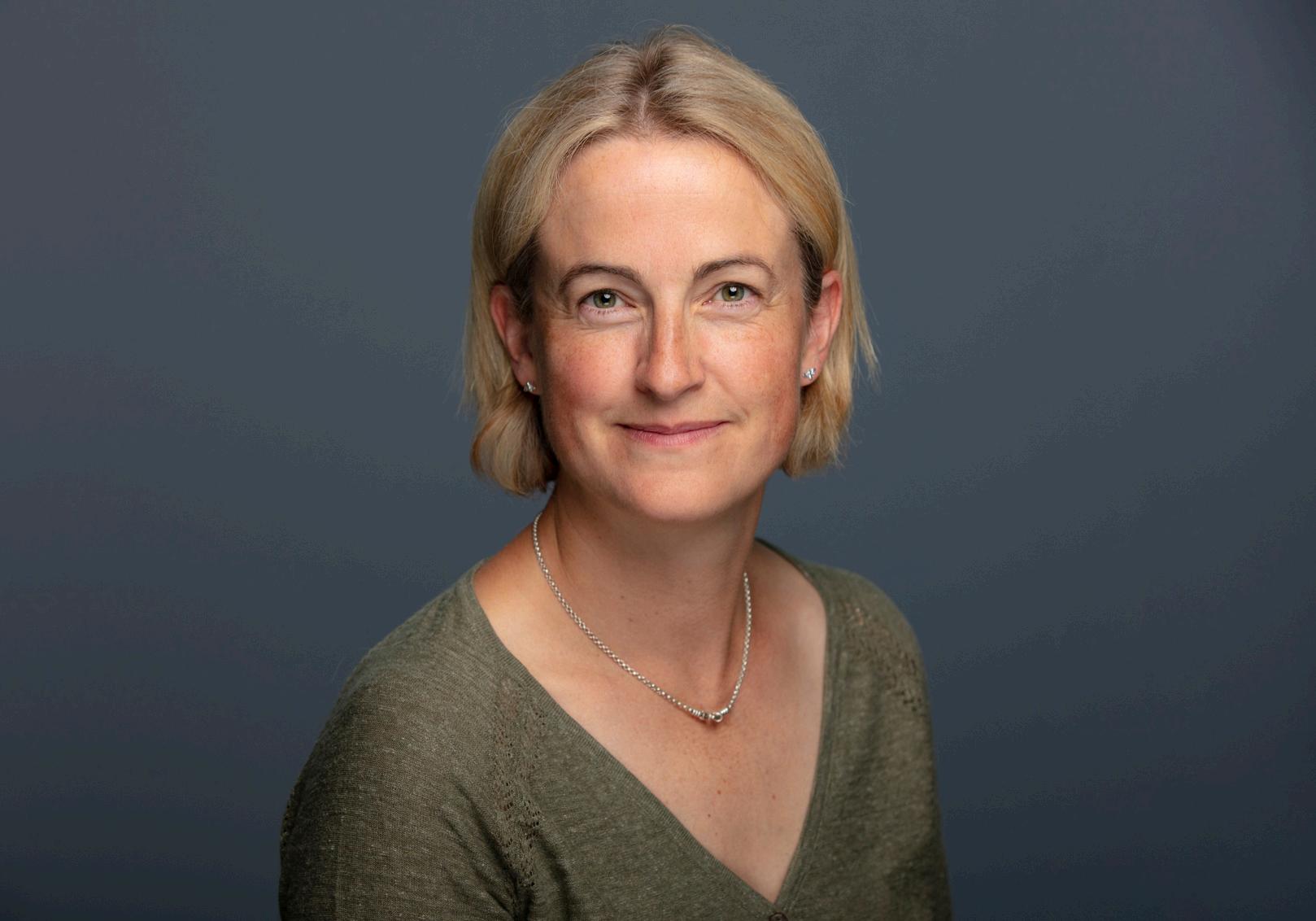

Prof. Maple Cartsen
Dr Marija Vukotic
Prof. Roberta Bivins

Prof. Pier-Emmanuel Tremblay
Prof. Alice Mah
Dr. Hannah White
Dr. Maurizio Bussolo
Prof. Matthew Clayton


In September 2023, we held our inaugural International Advisory Committee (IAC) meeting, welcoming the IAS’s first IAC to campus for a two-day event.
The meeting aimed to showcase the work of the IAS and the exceptional research conducted by our fellows. During these two days, 10 of our fellows, both past and present gave research presentations to the IAC attended presentation which was followed by a poster reception. The IAC also had the opportunity to learn more about the IAS from our team and met with the University Executive Board to provide feedback on the IAS's progress.
Overall, this event was exceptionally successful and was enjoyed by our fellows, team, and IAC members.
2022-2024
Chair: Sir Venki Ramakrishnan
Prof. Nayanjot Lahiri (Ashoka University)
Prof. Marten Scheffer (Wageningen University and Research Centre)
Prof. Tim Stearns (The Rockfeller University)
Prof. Brenda Yeoh (National University of Singapore)
Prof. Simon Swain (Wariwck)
Prof. Layi Alatise (Warwick)
Prof. Suzy Moat (Warwick)
2024-2026
Chair: Sir Vince Cable
Prof. Kathleen Gould (Vanderbilt University)
Prof. Nayanjot Lahiri (Ashoka University)
Prof. Sibusiso Moyo (Stellenbosch University)
Prof. Claus Vögele (Luxenbourg University)
Prof. Mariette DiChristina (Boston University)
The IAS was thrilled to host the esteemed Indian High Commissioner, Vikram Doraiswami, and his team, including Mr Shahid Alam, the Counsellor for Education Affairs, and Ms Nidhi Choudhary, the First Secretary (Education, Health, and Science and Technology) in September 2024.
Four of our fellows delivered outstanding research presentations to the High Commissioner and his colleagues, along with other Warwick academics. This was followed by a profound discussion between the High Commissioner and the audience.
We feel deeply honoured to have had the opportunity to welcome High Commissioner Vikram Doraiswami and his team. It was truly a remarkable day.
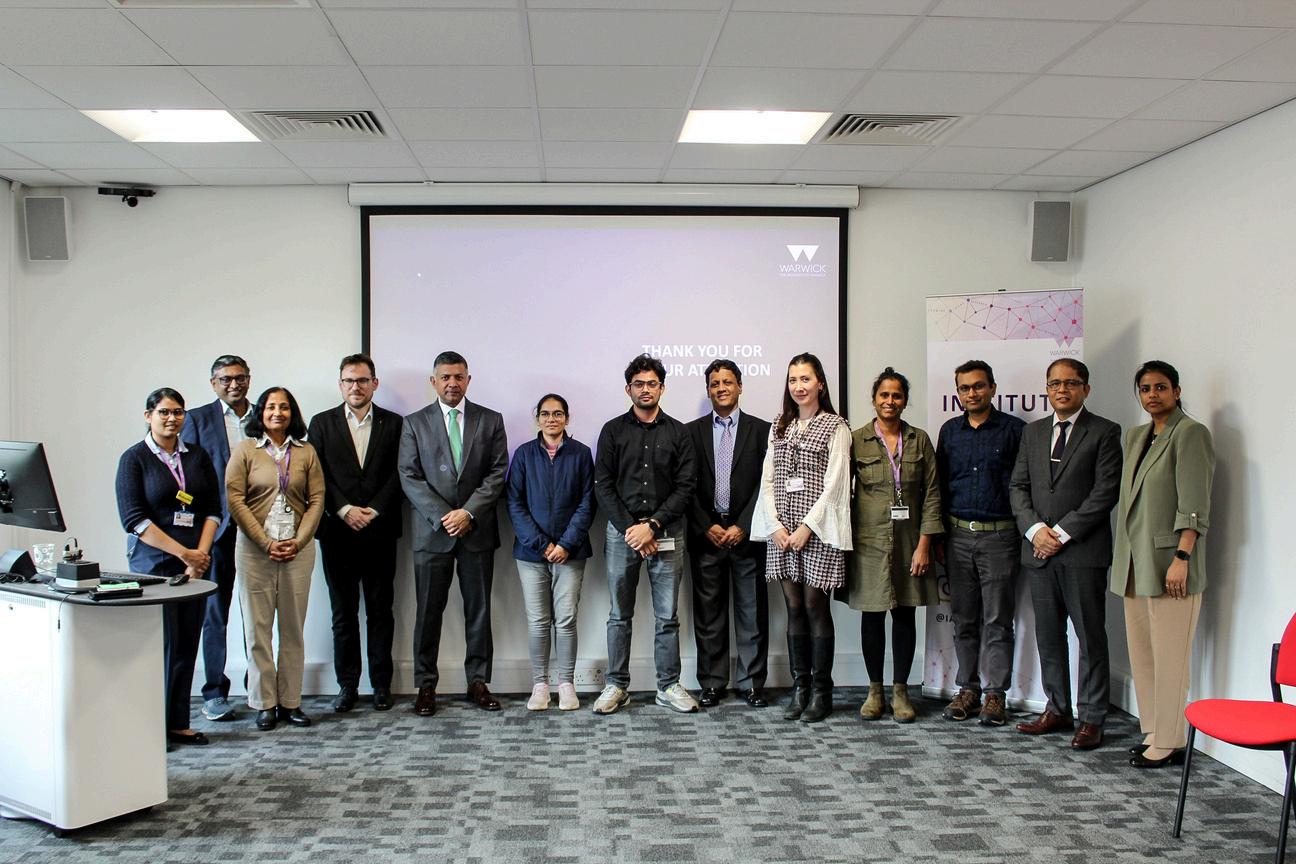

Located in the Zeeman Building, the IAS has offices for its staff, a seminar room for 50 people, a meeting room for 16 people, and work and social space for Postdoctoral and Visiting Fellows. The seminar room and meeting room can be booked for events which align with our mission at warwick.ac.uk/ias/about/space.
The IAS also holds five self-catered en-suite rooms to house its Visiting Fellows, in the historic Cryfield Grange and recently refurbished Cryfield Cottage I (the latter is on central campus). Cryfield Grange comprises 3 en-suite rooms, and Cryfield Cottage I comprises two ensuite bedrooms. Each facility has shared self-catered living spaces.

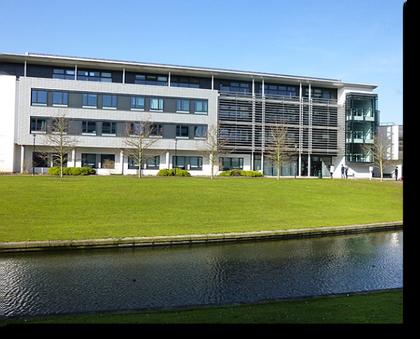

Mohan Balasubramanian
Director of IAS and Professor
Warwick Medical School
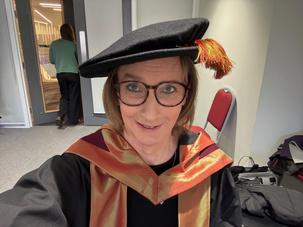
Fiona Fisher
Research Strategy and Programme Manager
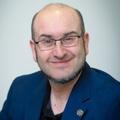
Gareth Johnson
Managing Editor-in-Chief, Exchanges Journal


Insiya Antria
IAS Administrator, IAS Programme Coordinator

Rachel Hitchcox
IAS Programme Coordinator

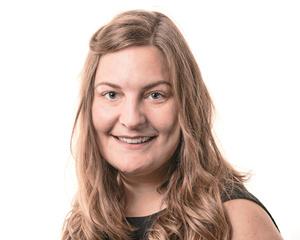
Katie Reynolds Strategic Programmes Manager

Hannah Straw
Early Career Programme Manager
Sarah Penny
Early Career Programme Manager
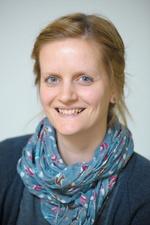
Abbie Pritchard
IAS Administrator and Assistant to the Editor; Exchanges Journal

Email: IAS@warwick.ac.uk
Website: warwick.ac.uk/ias
Instagram: @iaswarwick
Bluesky: @iaswarwick.bsky.social
LinkedIn: IAS, University of Warwick